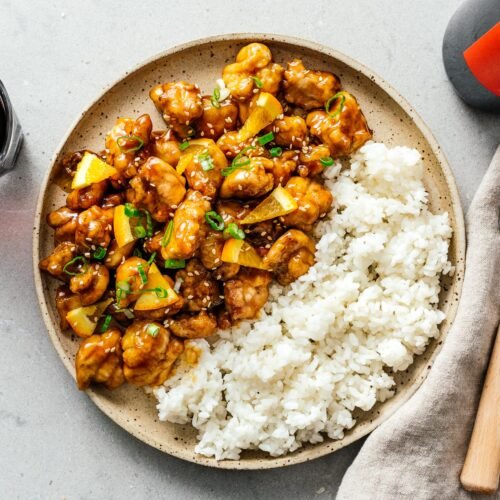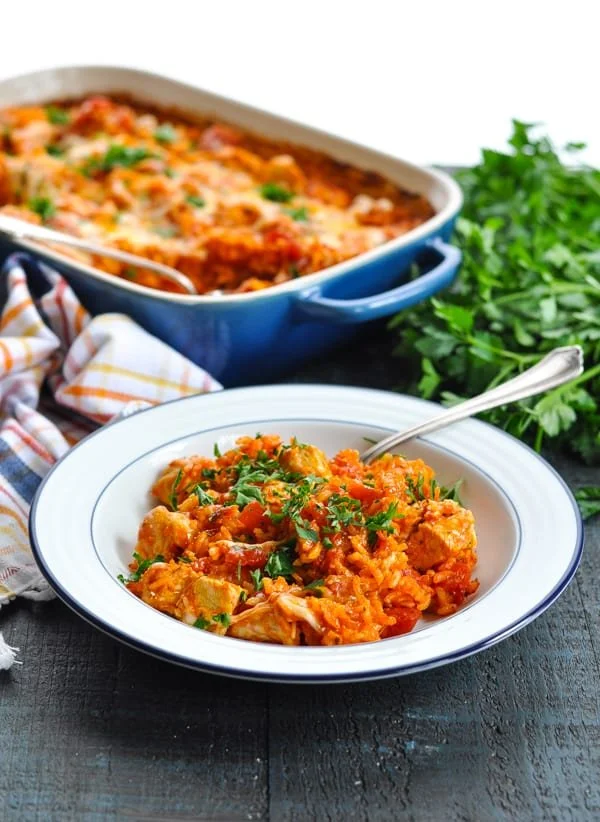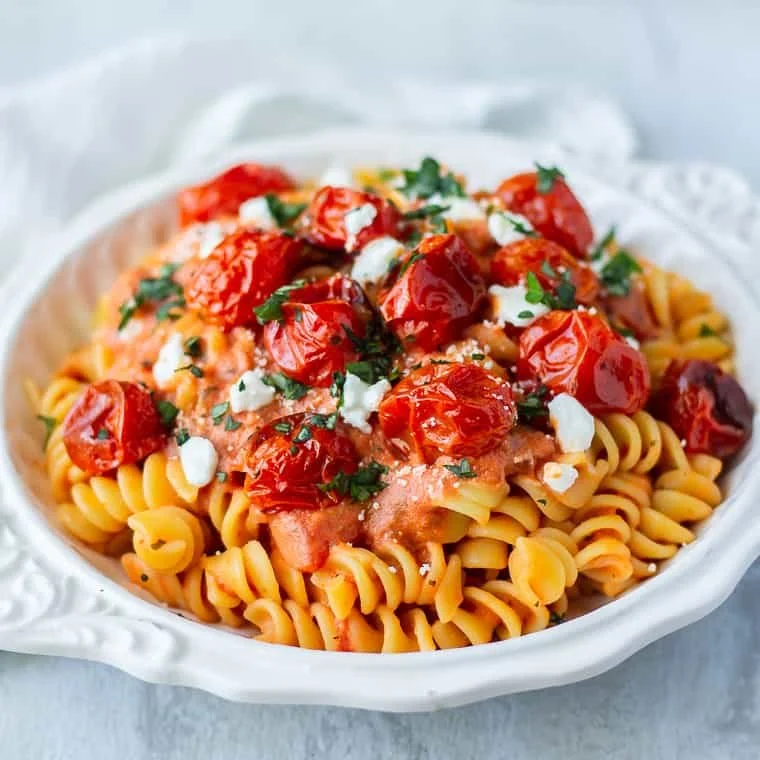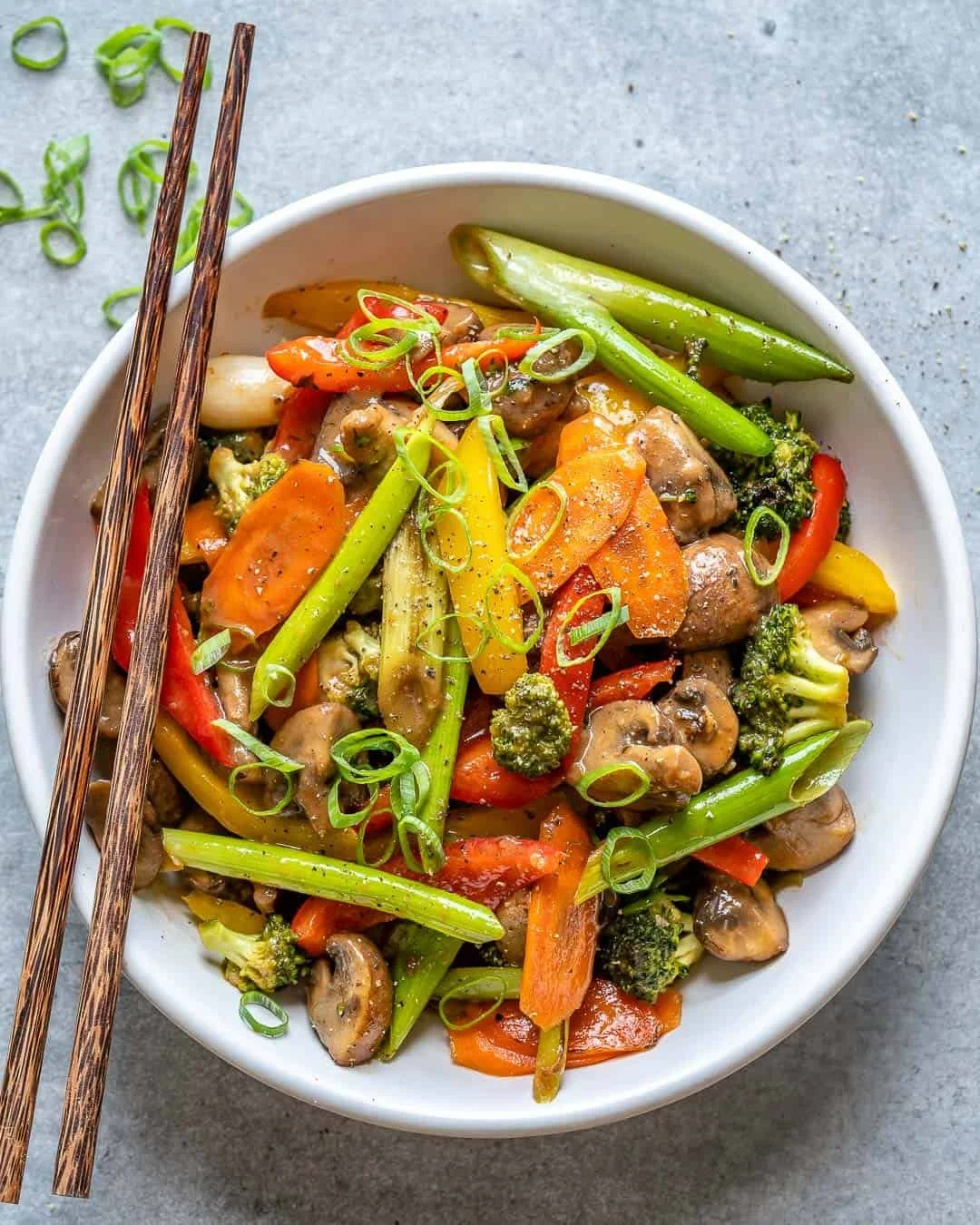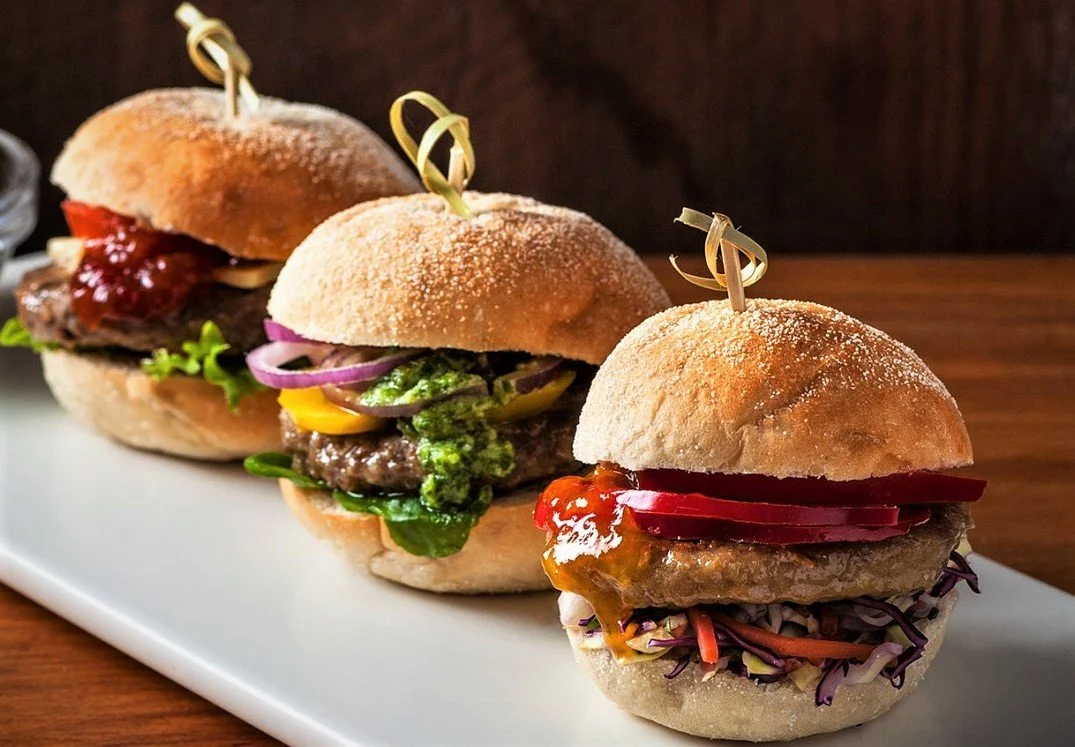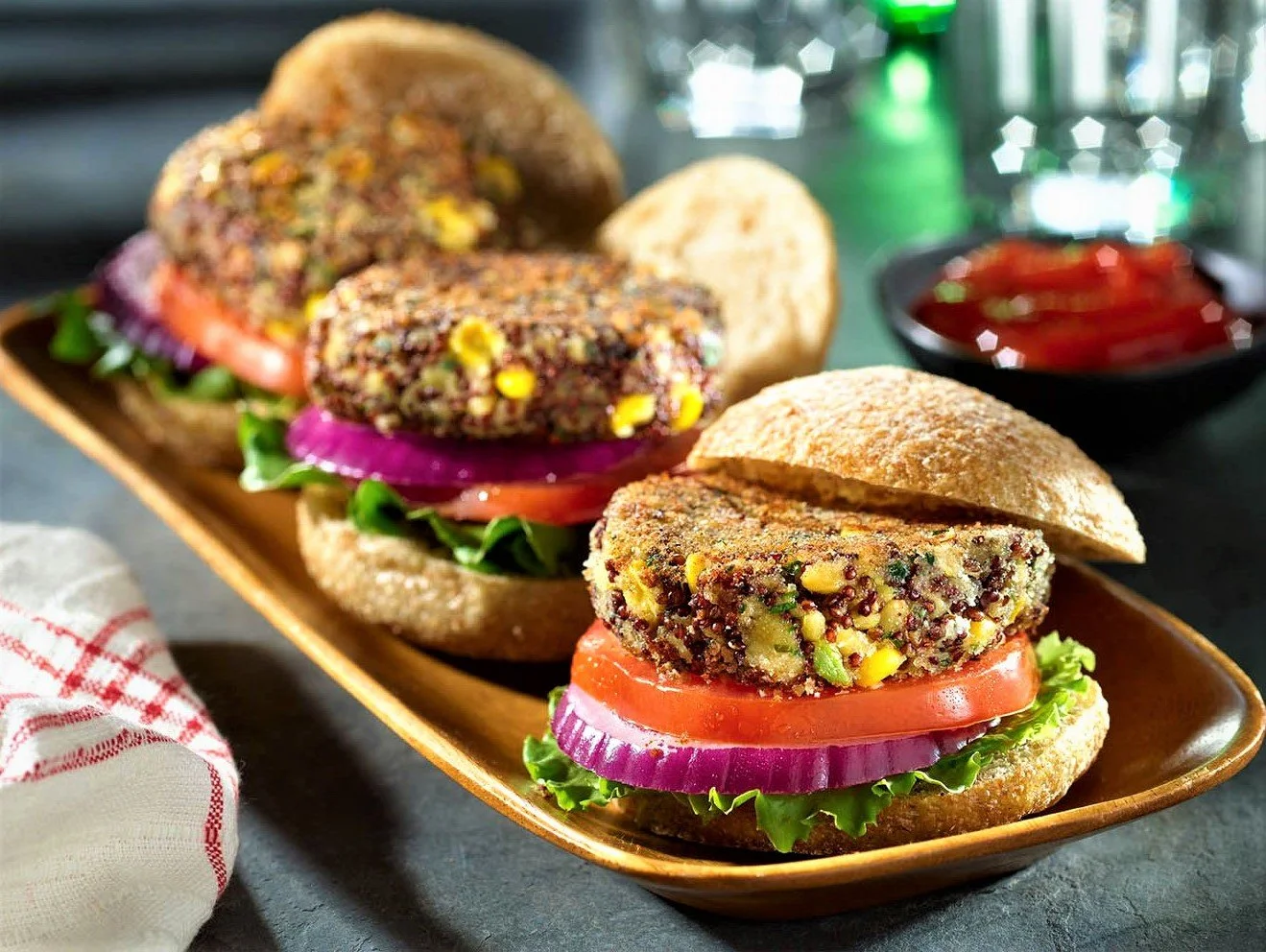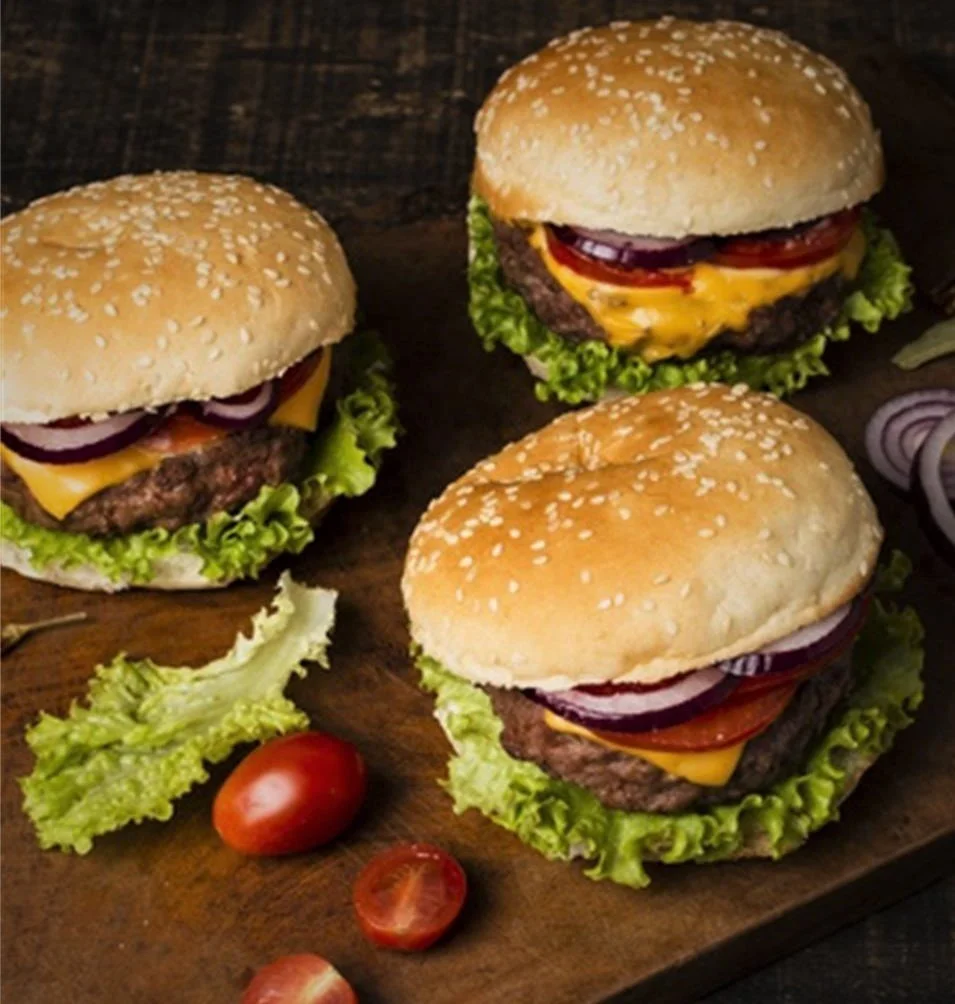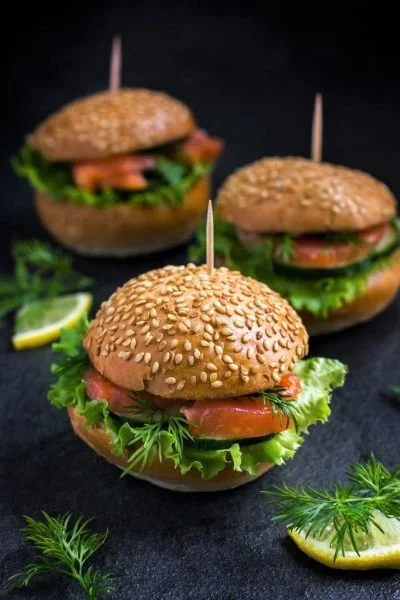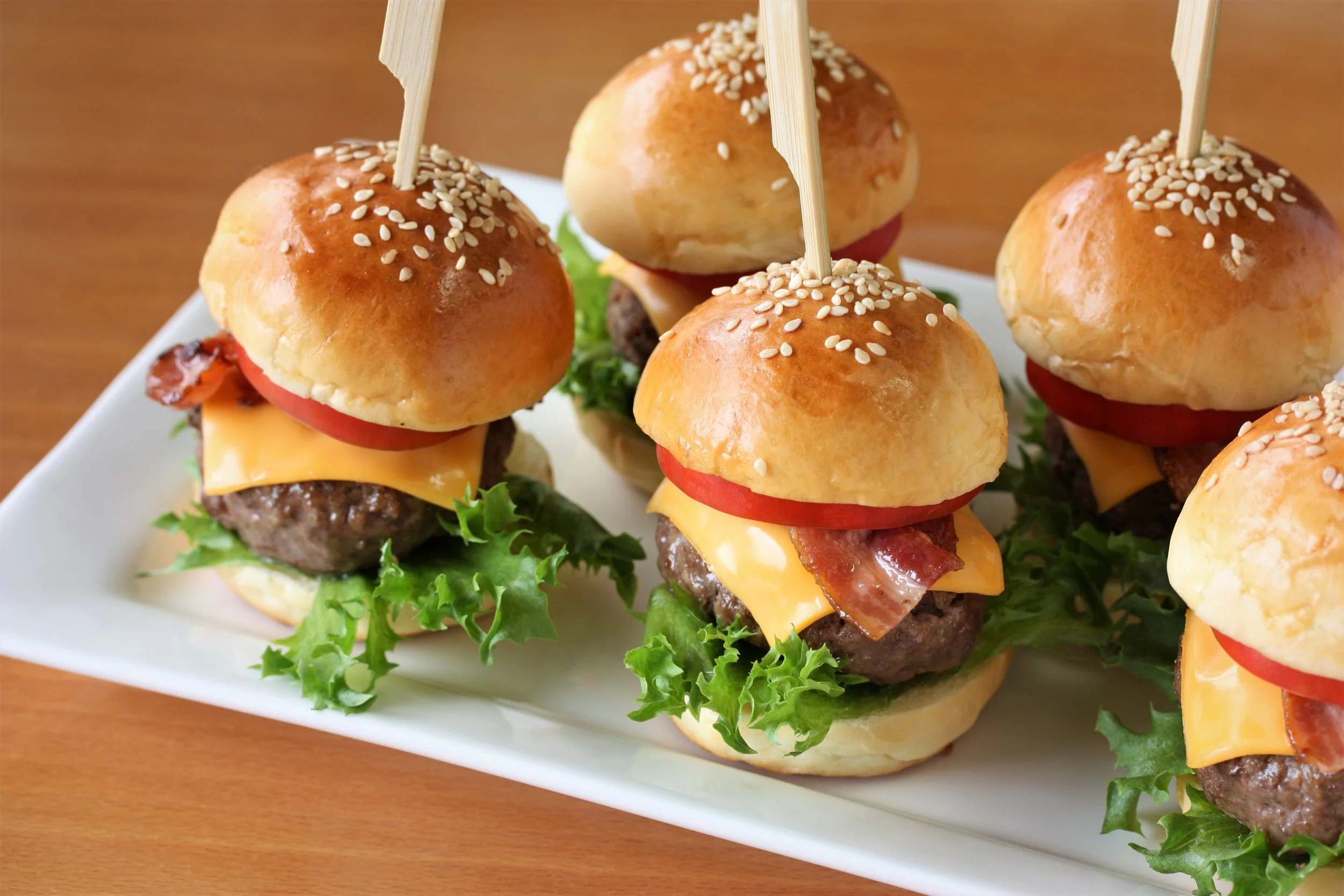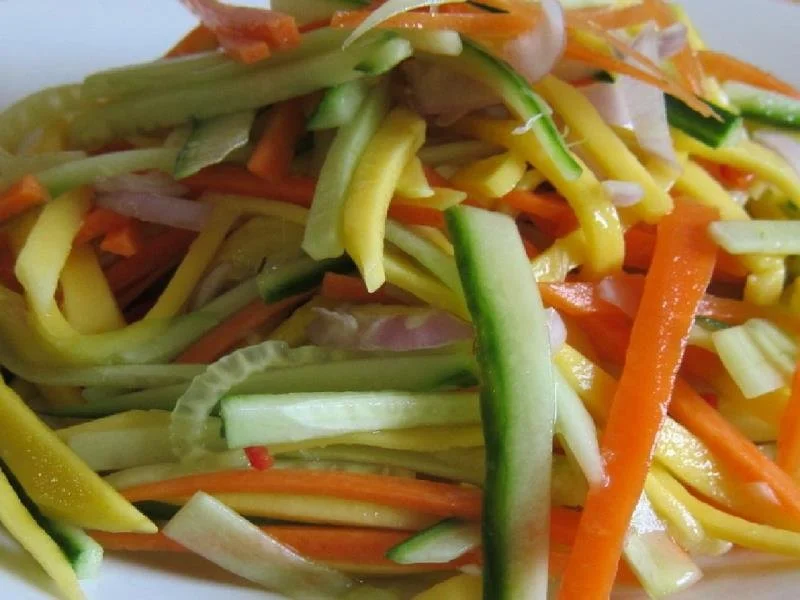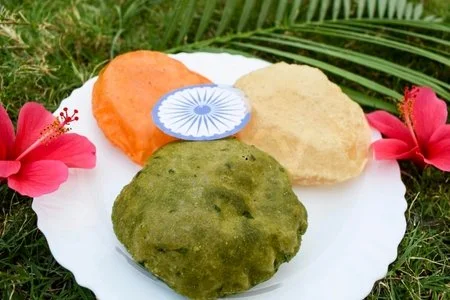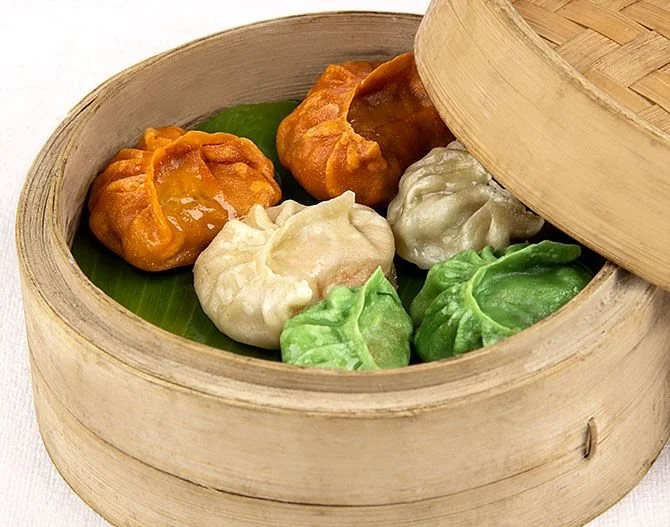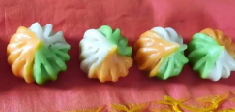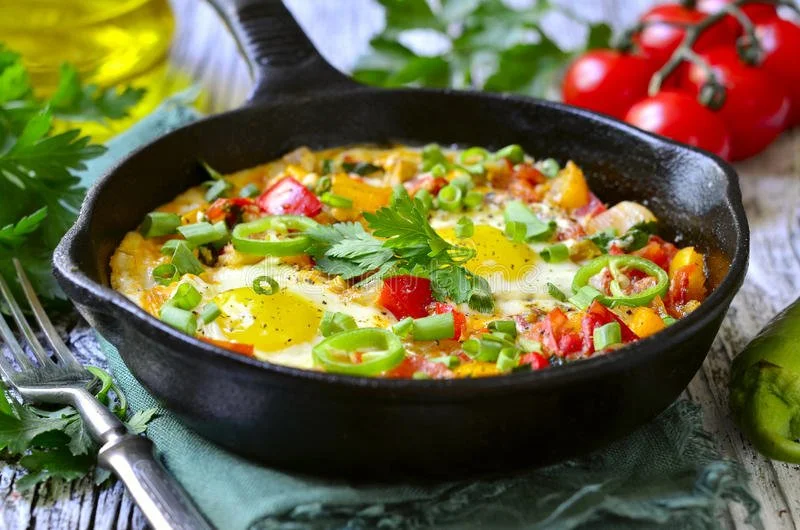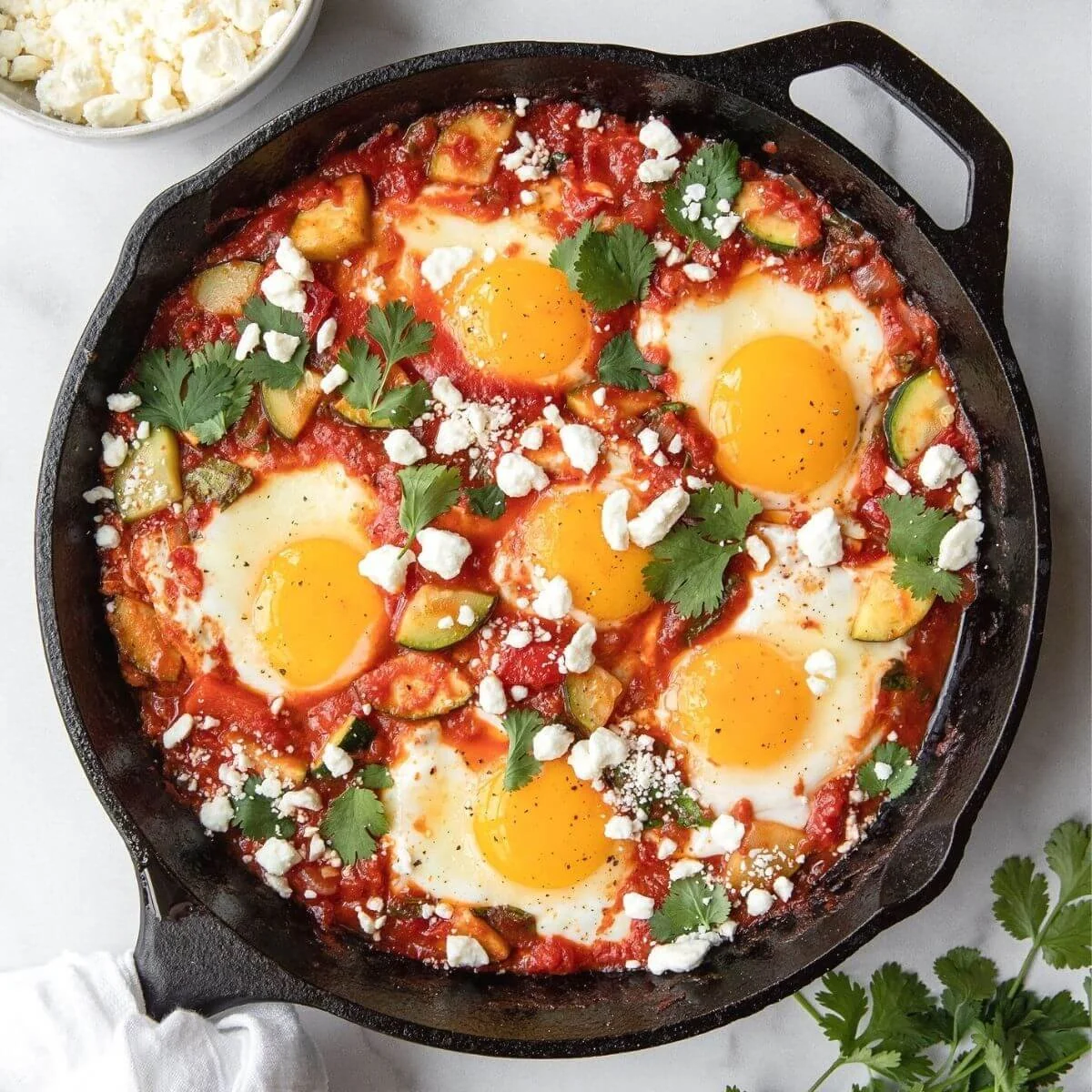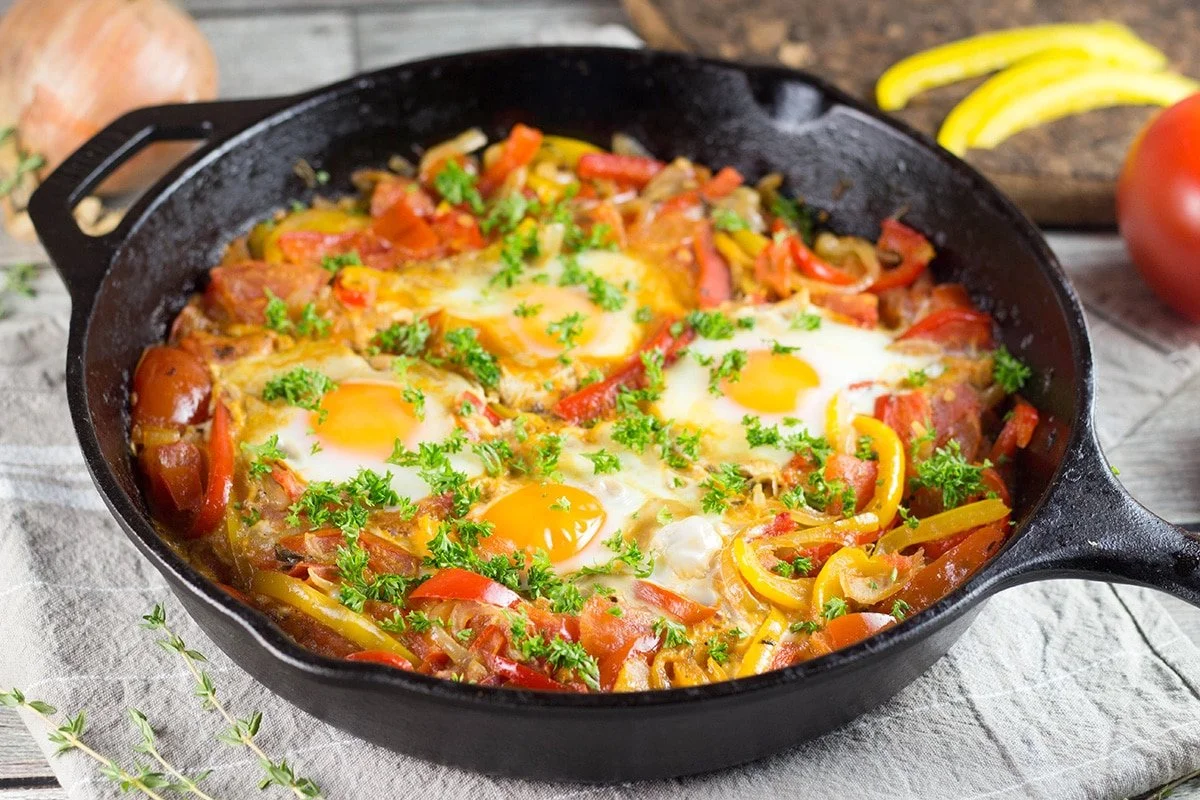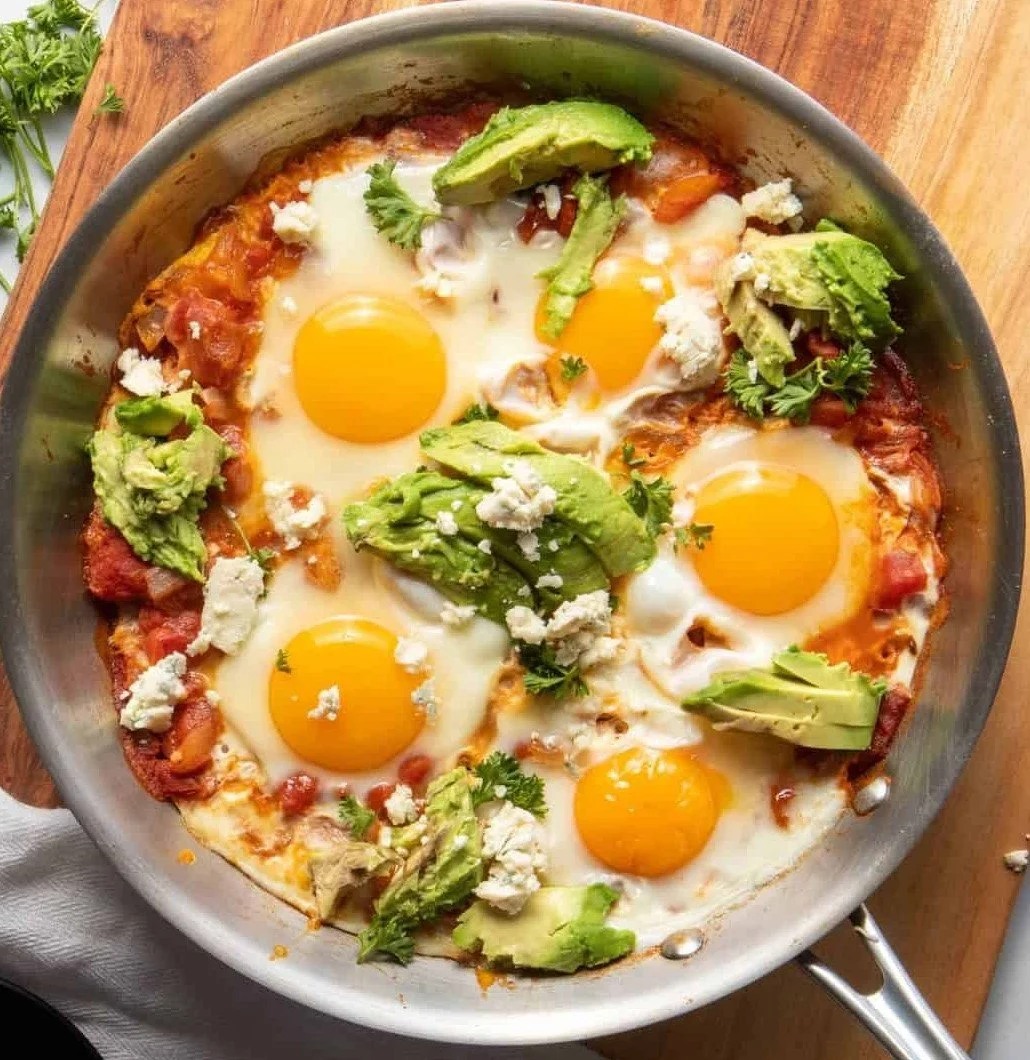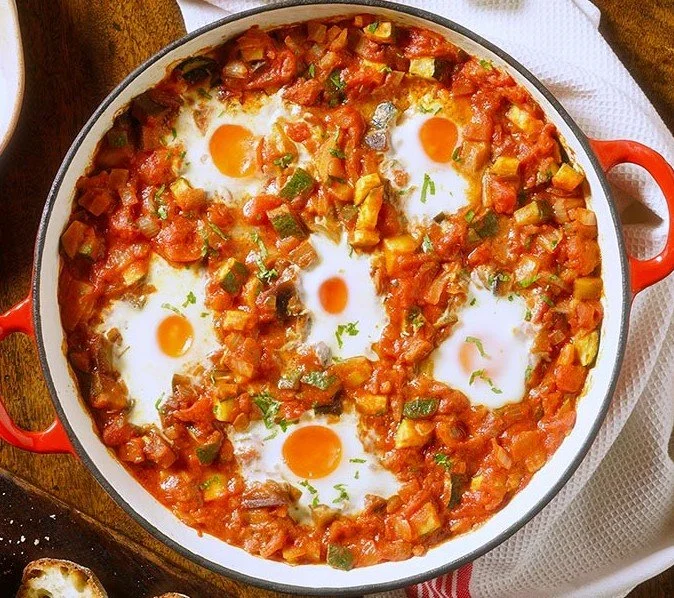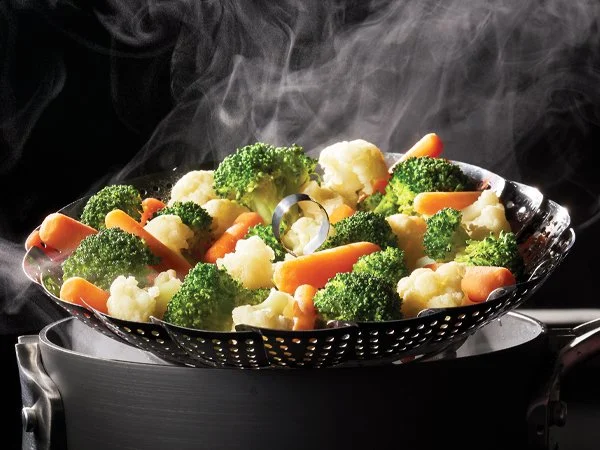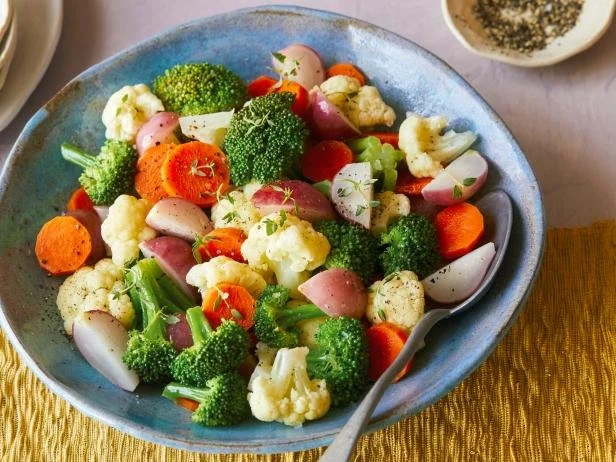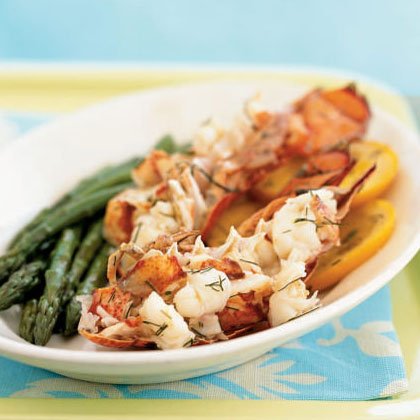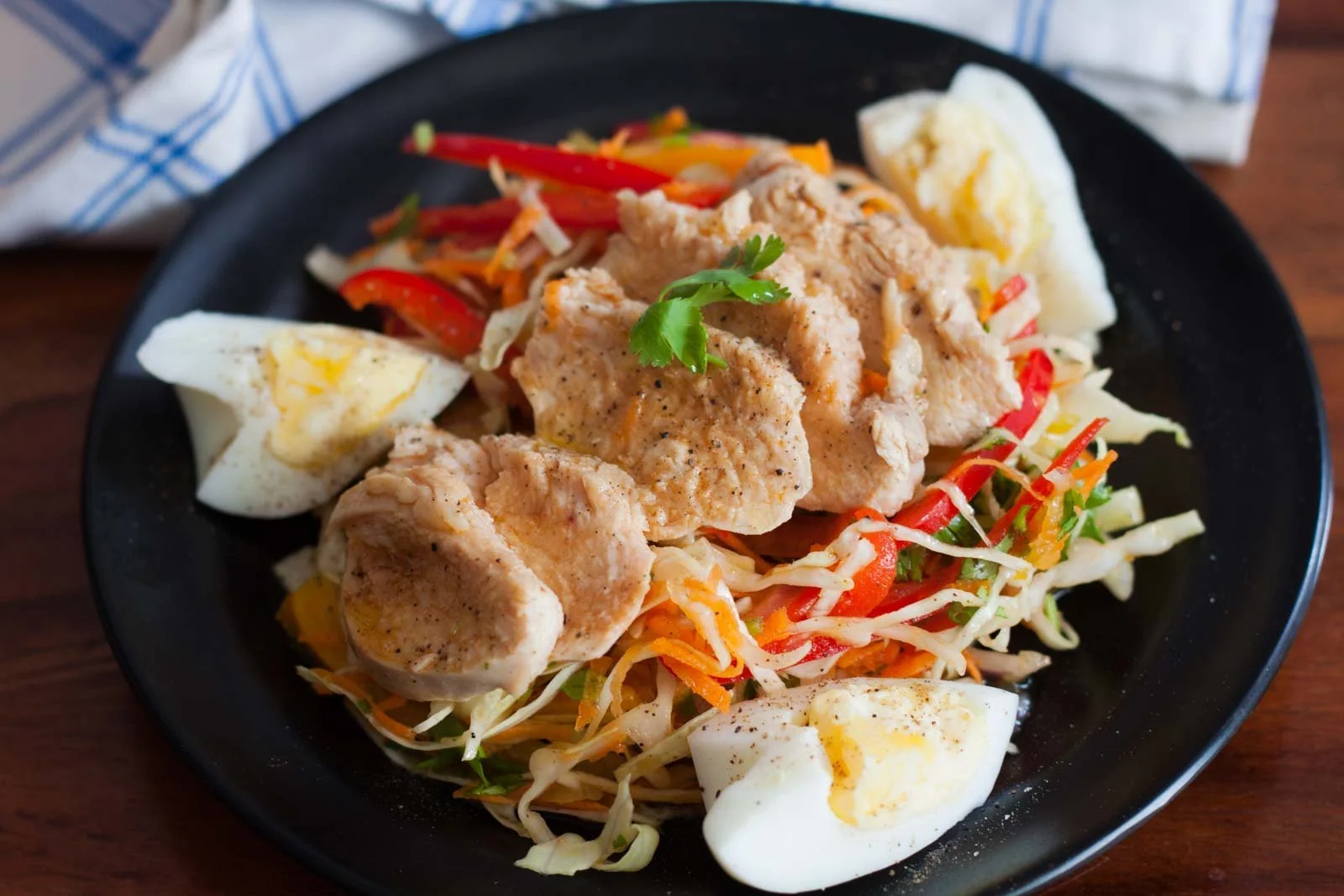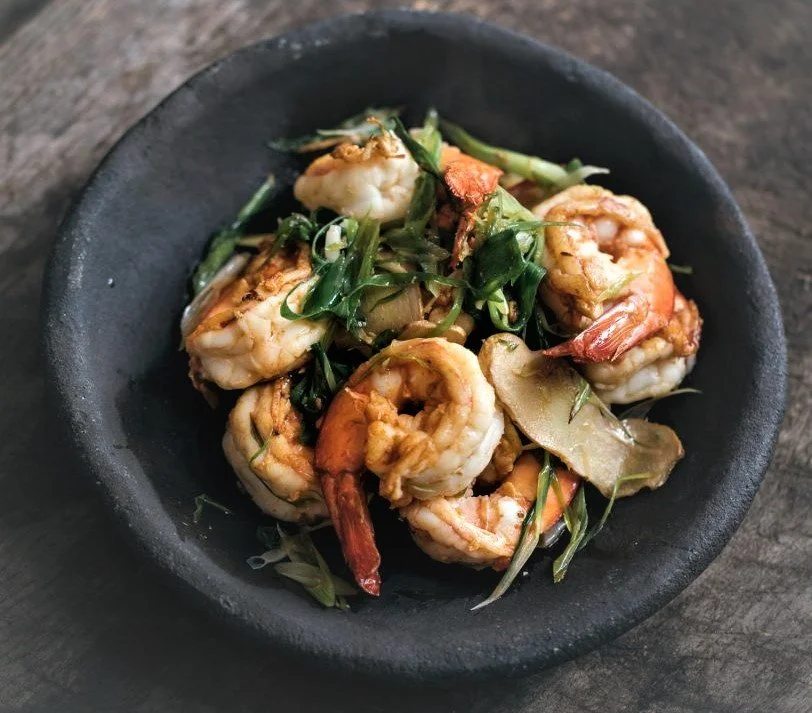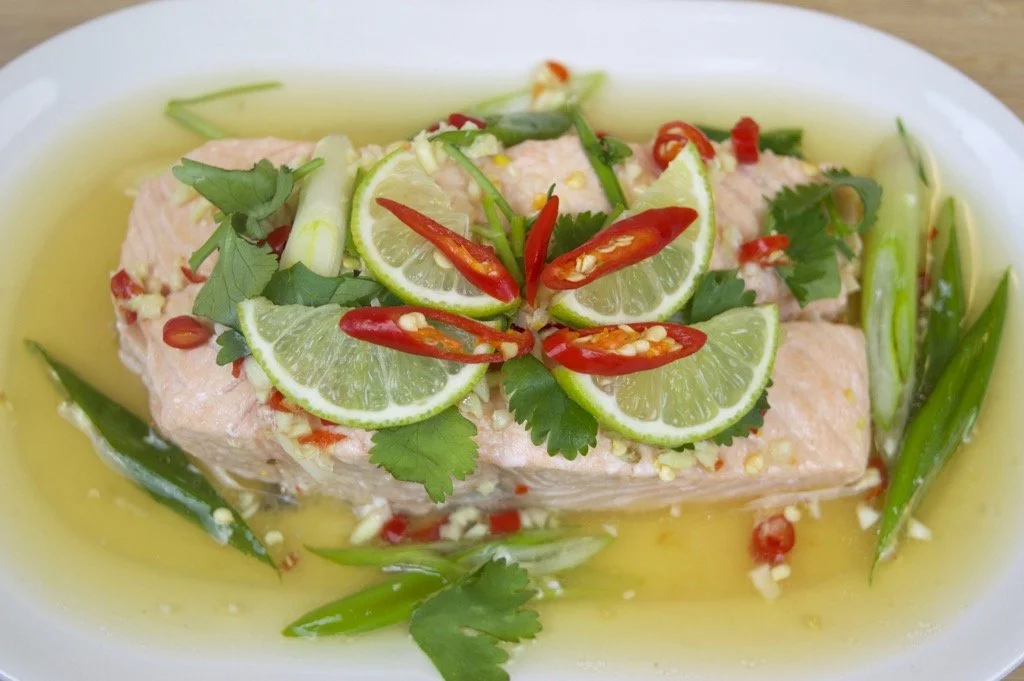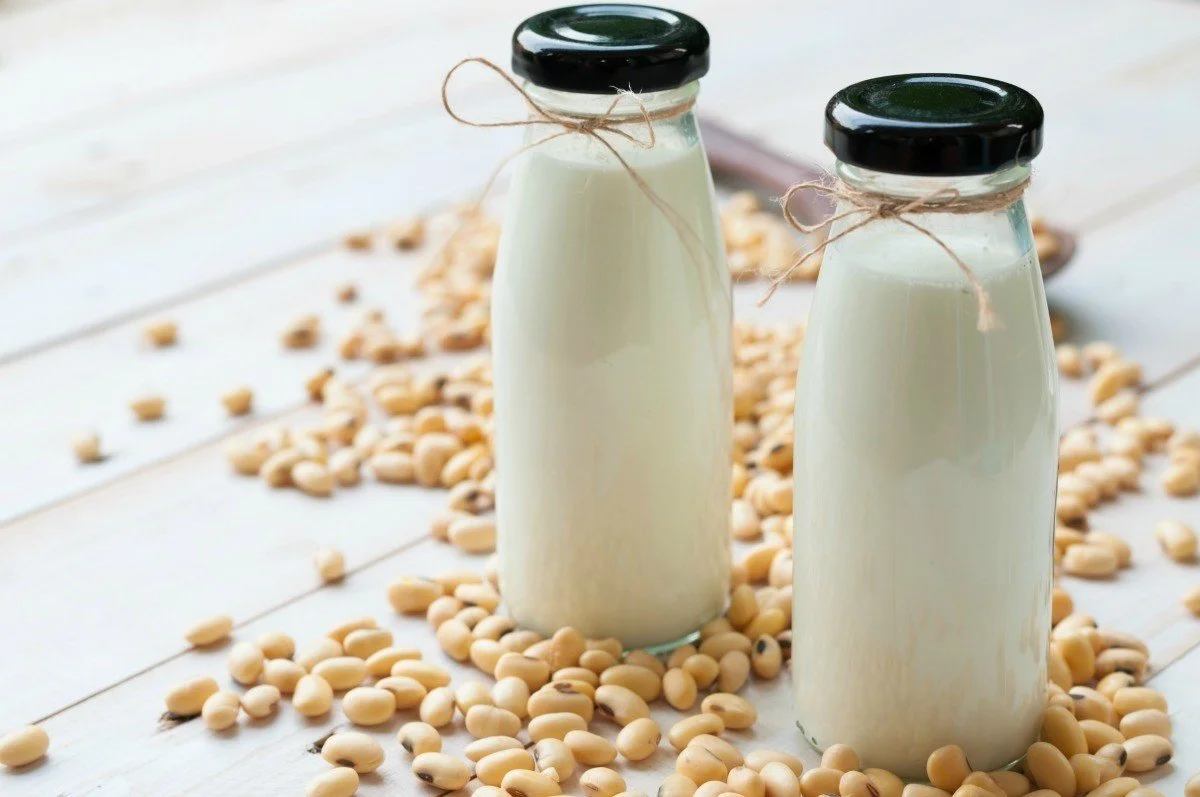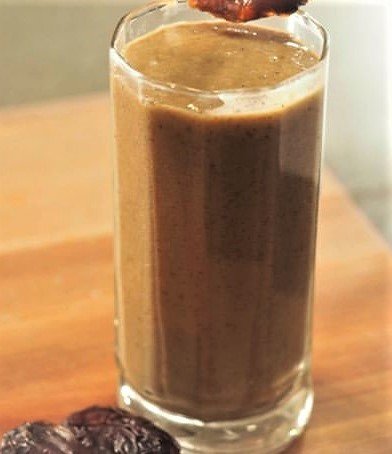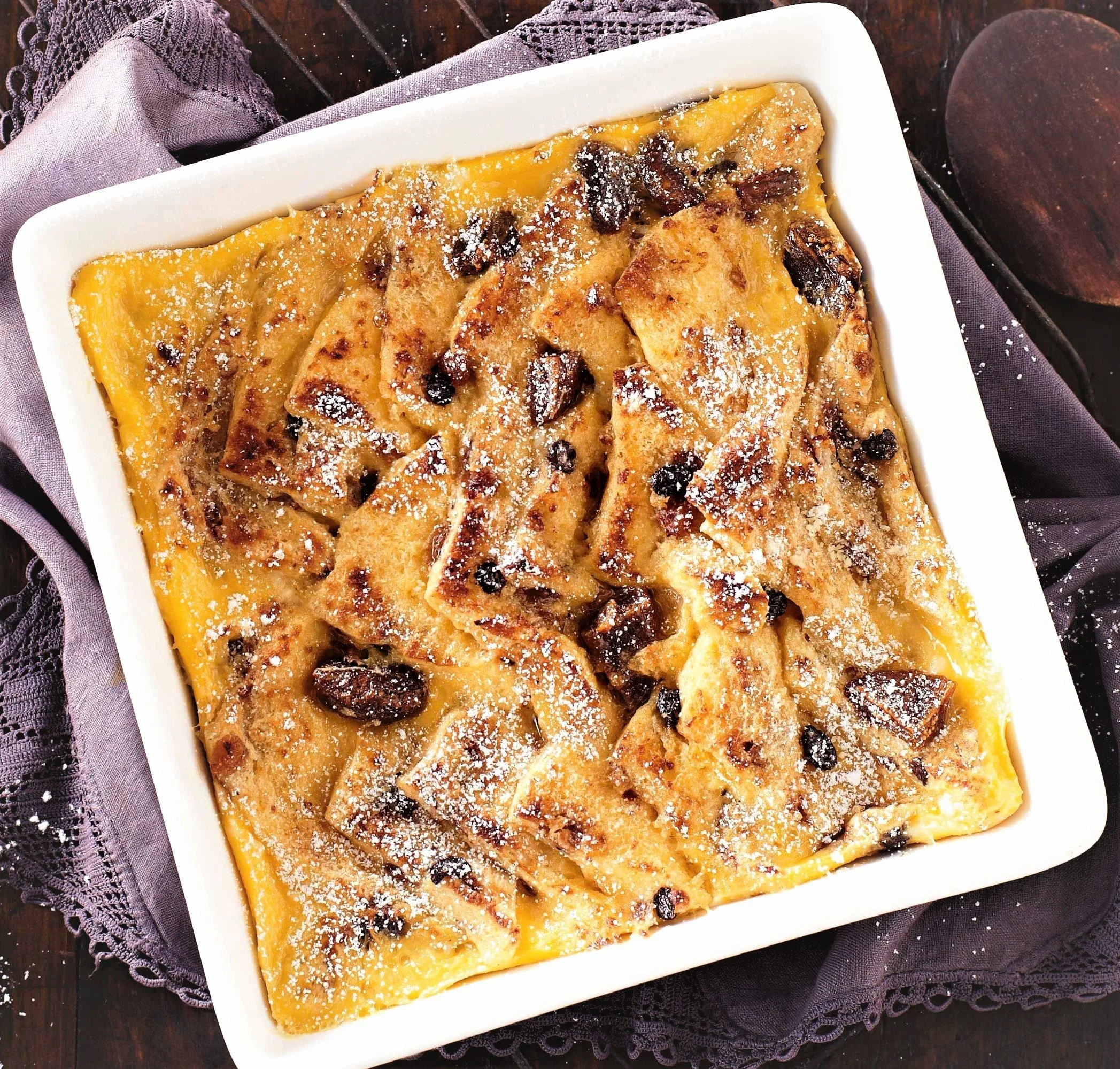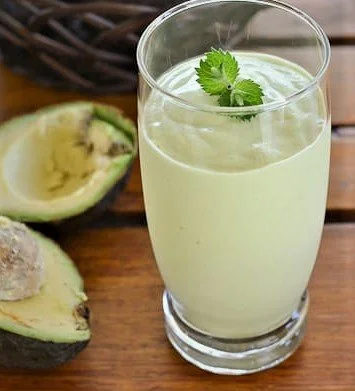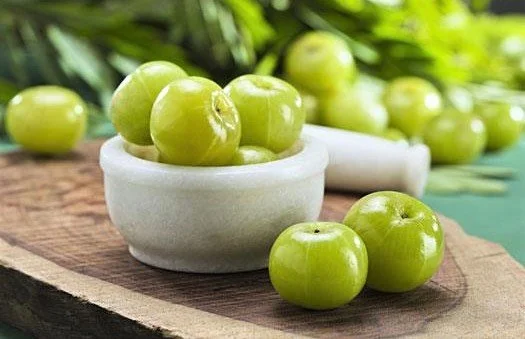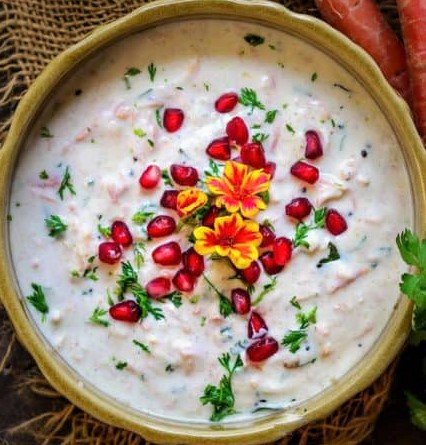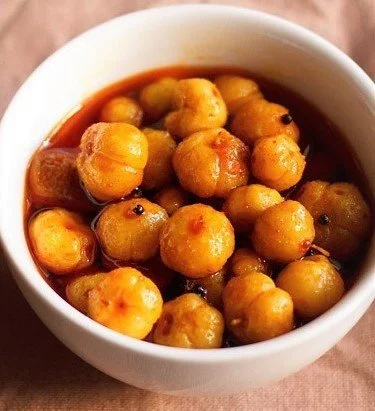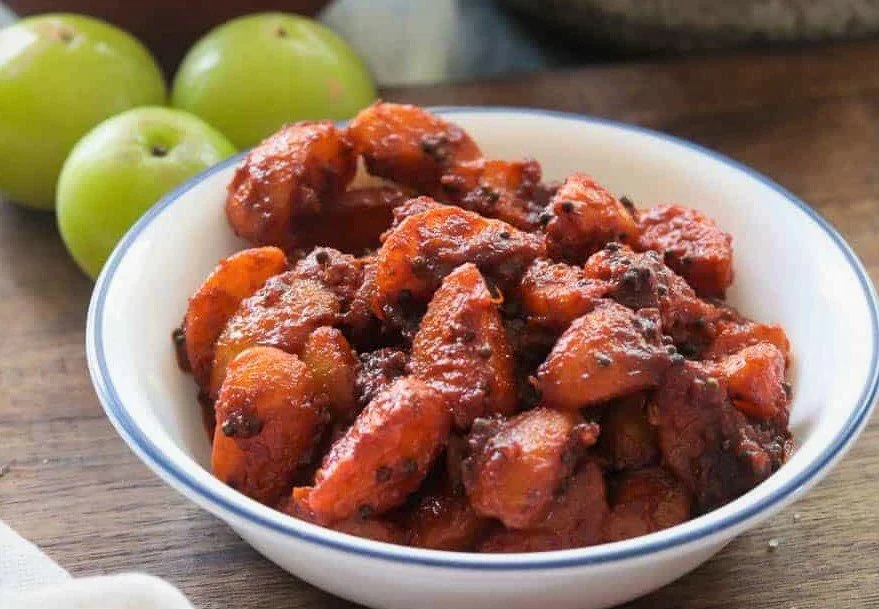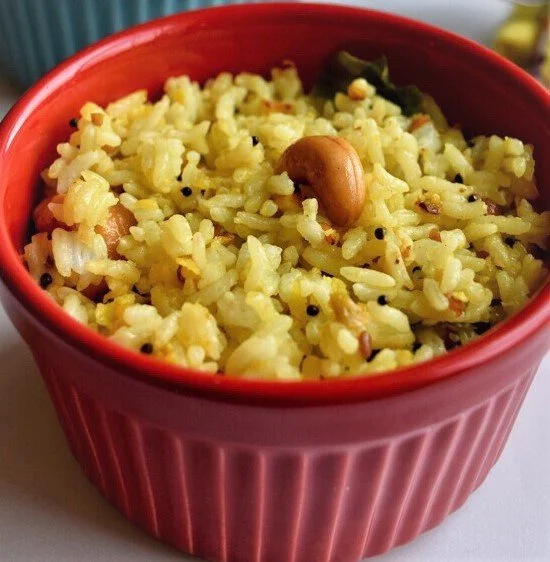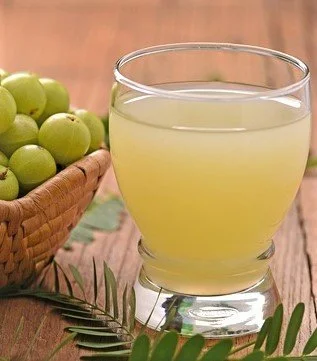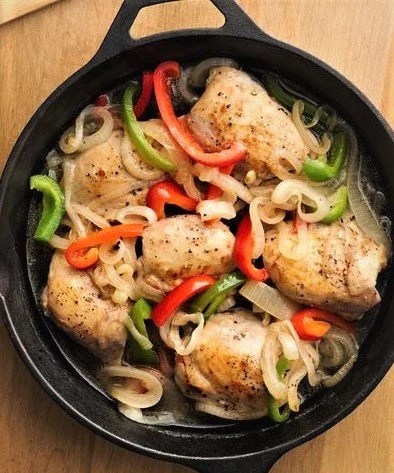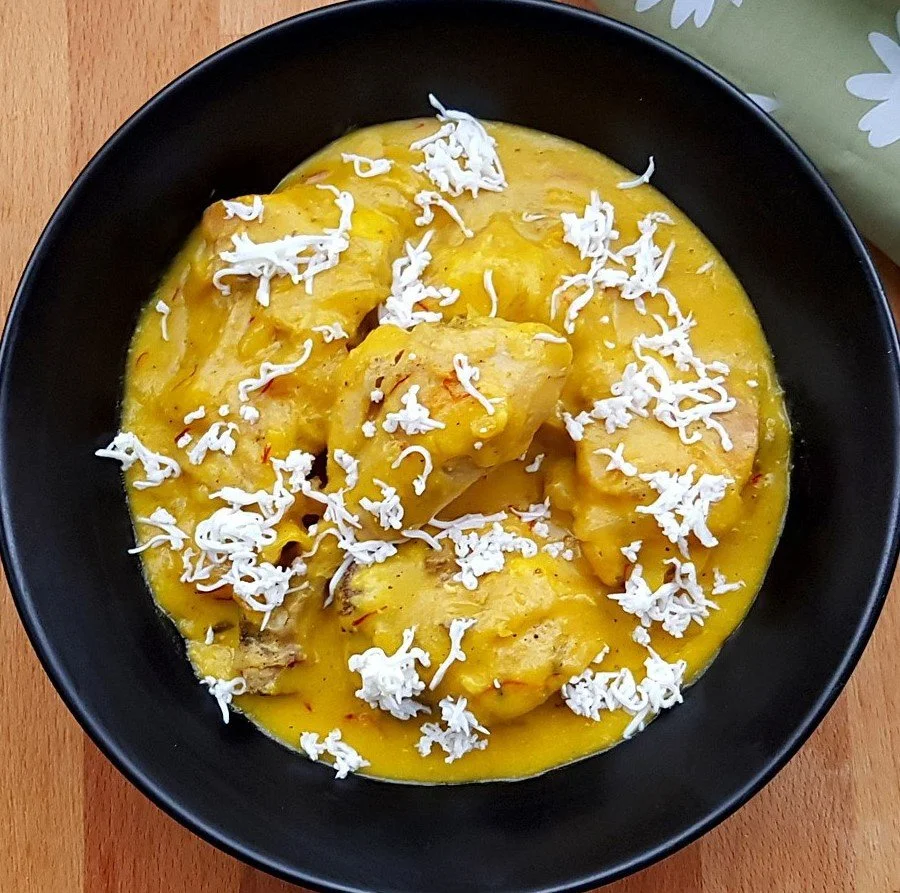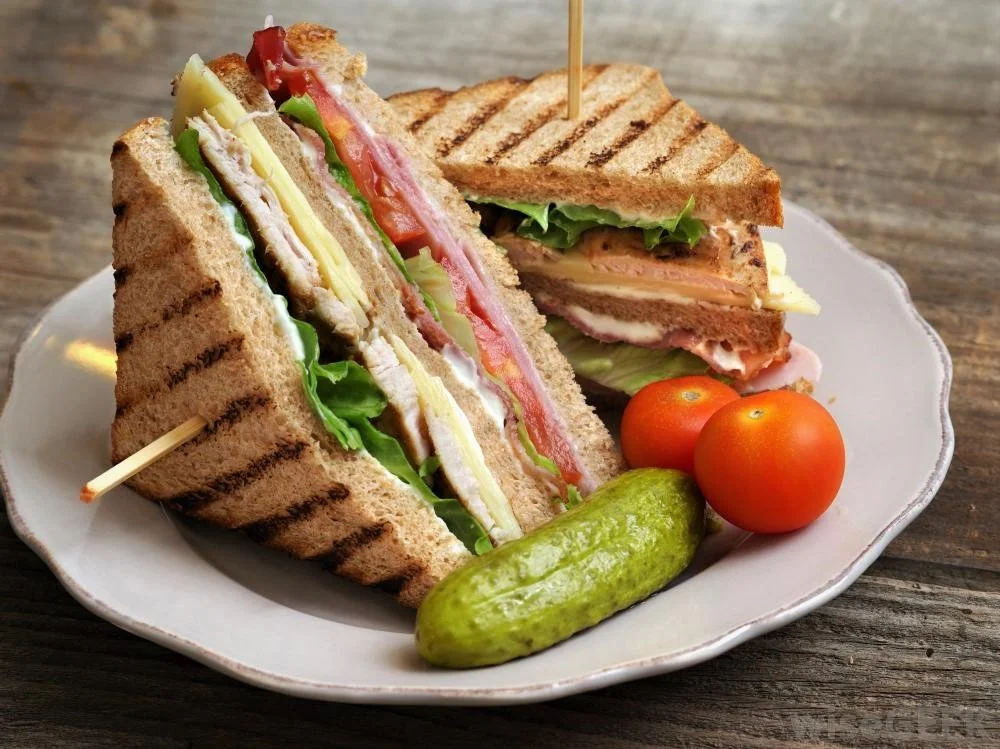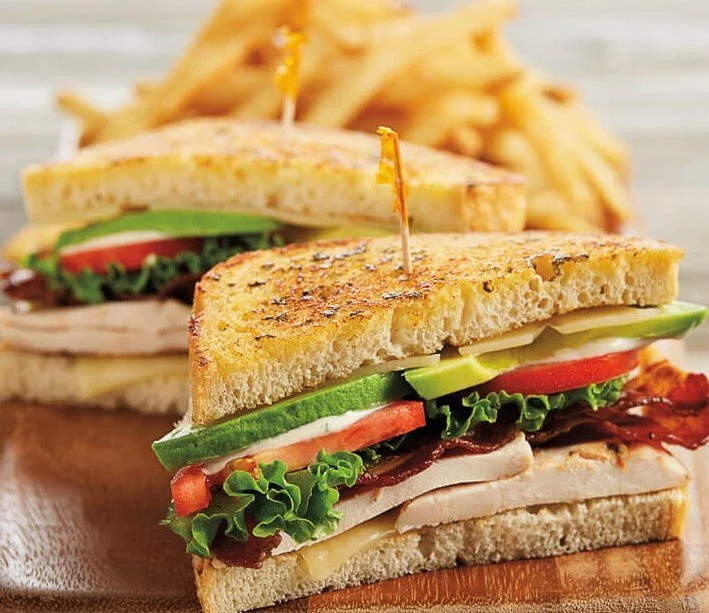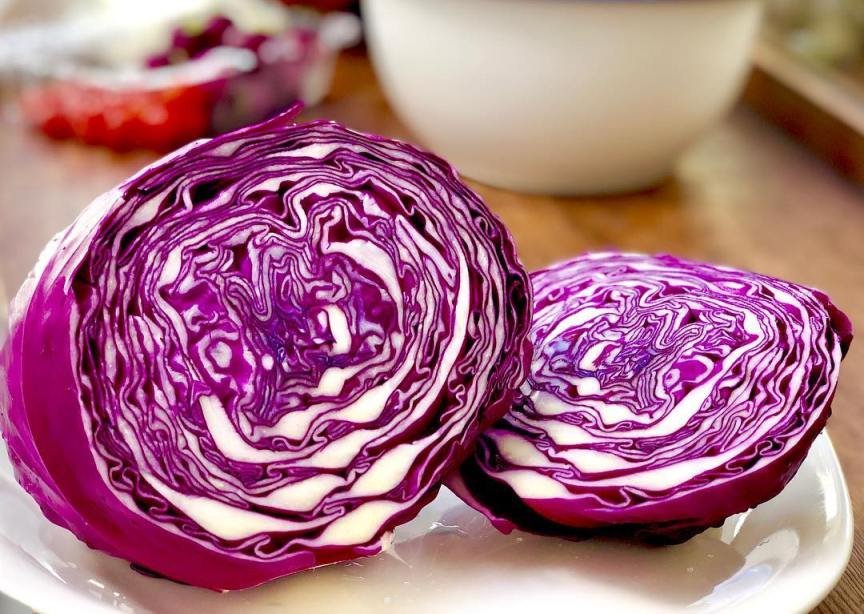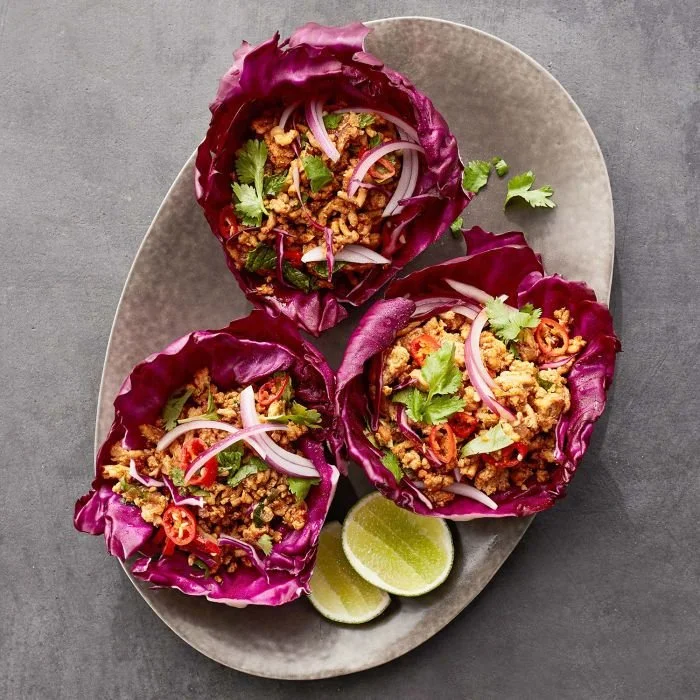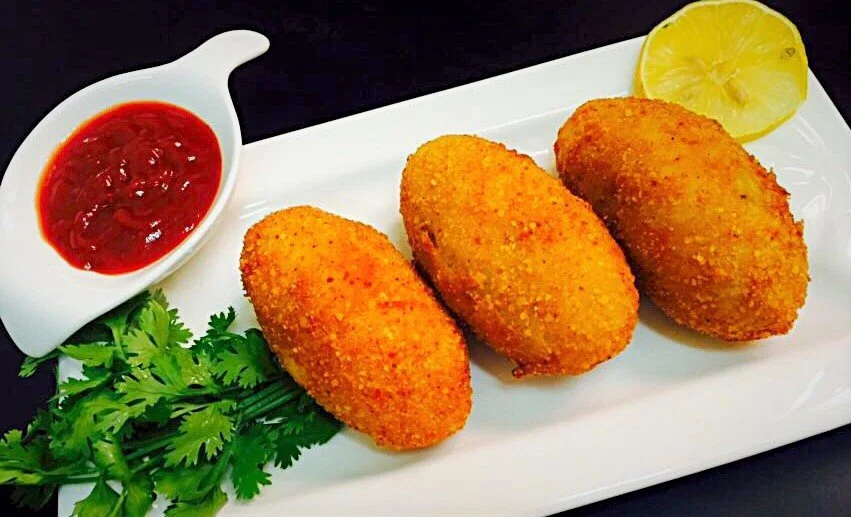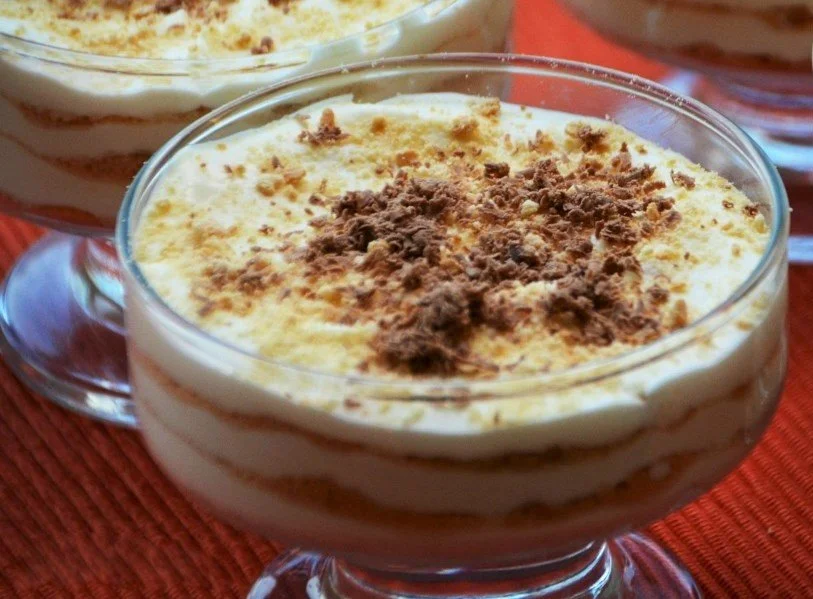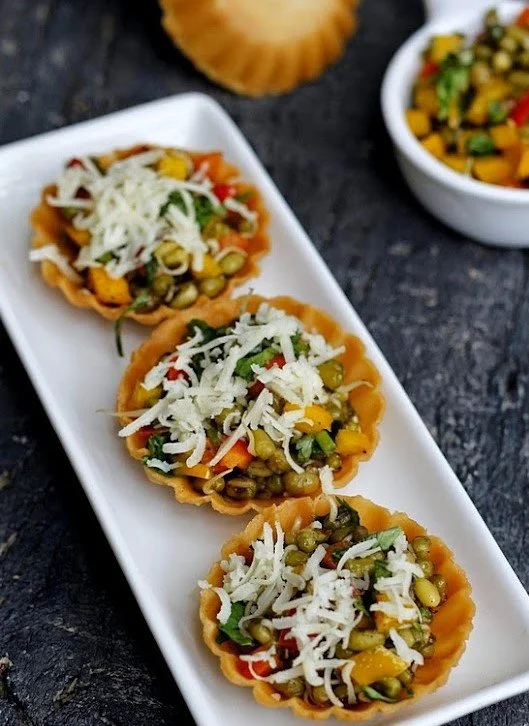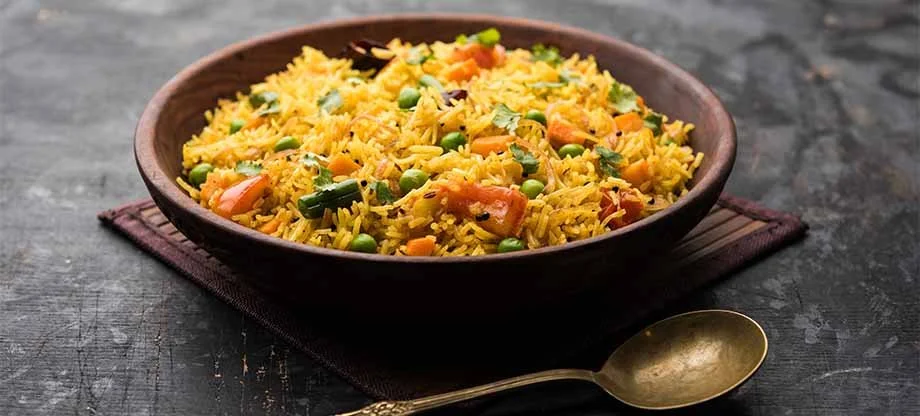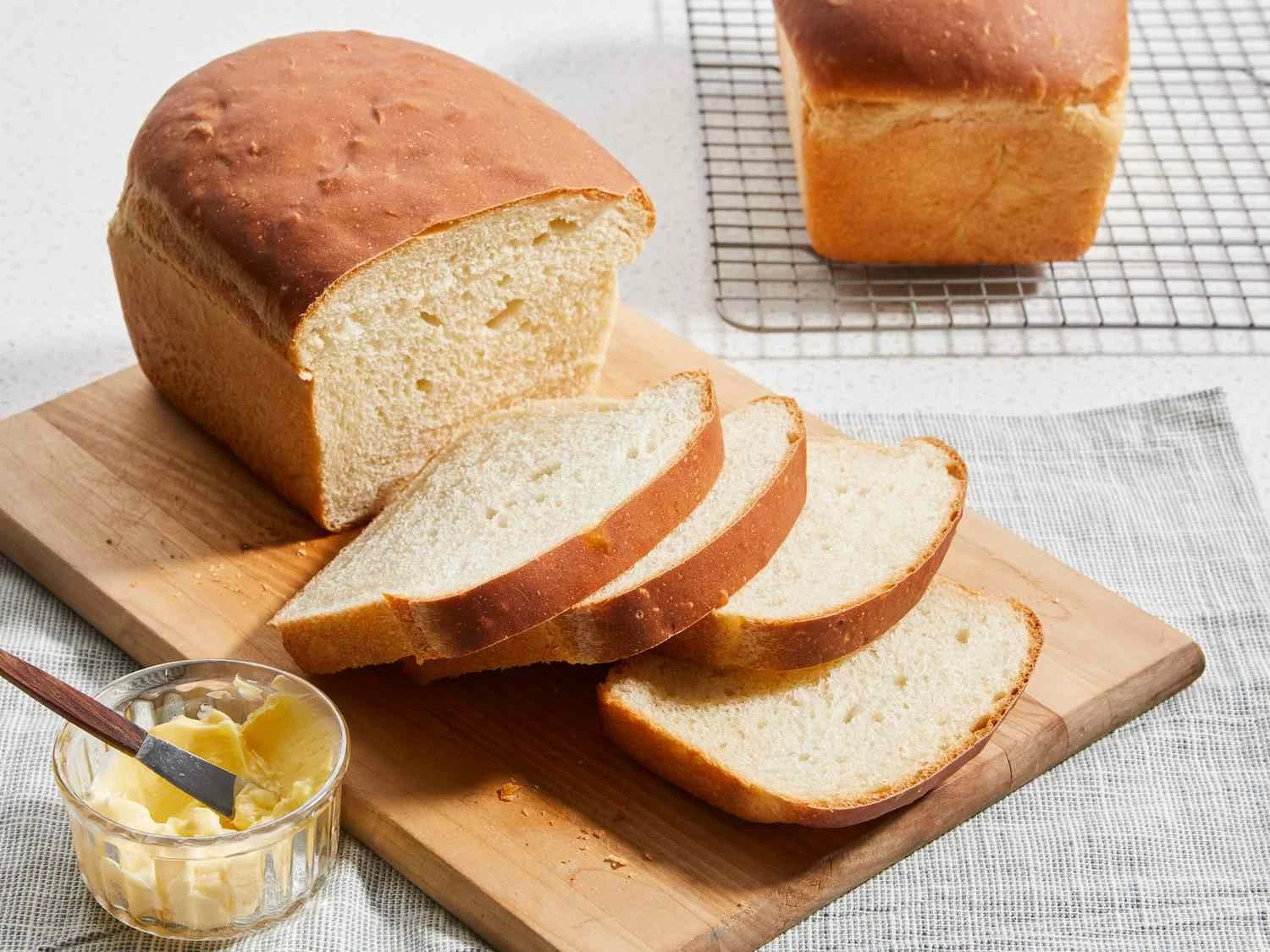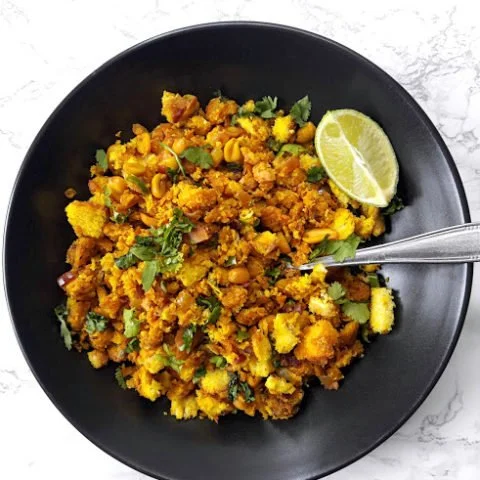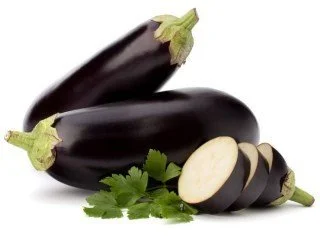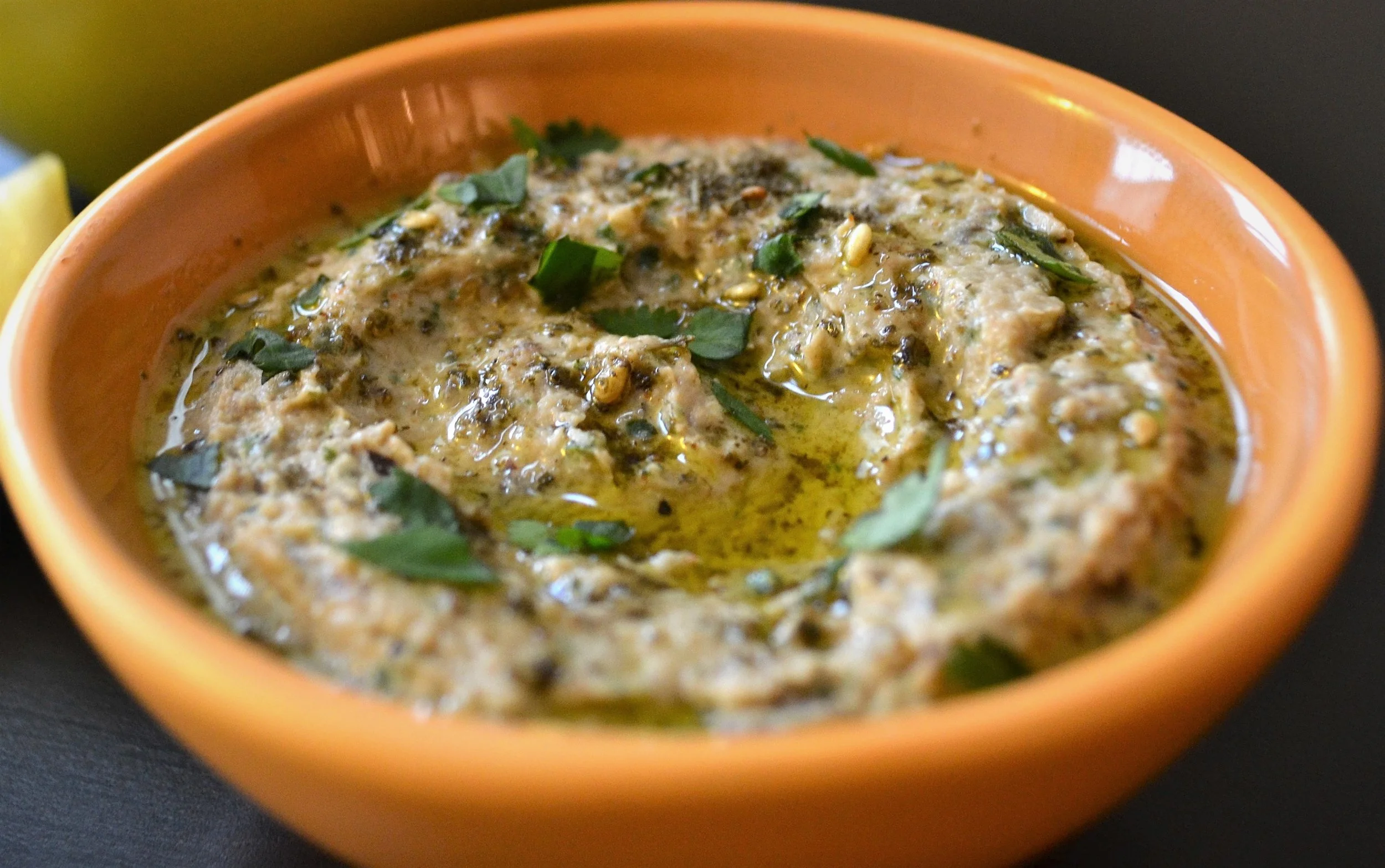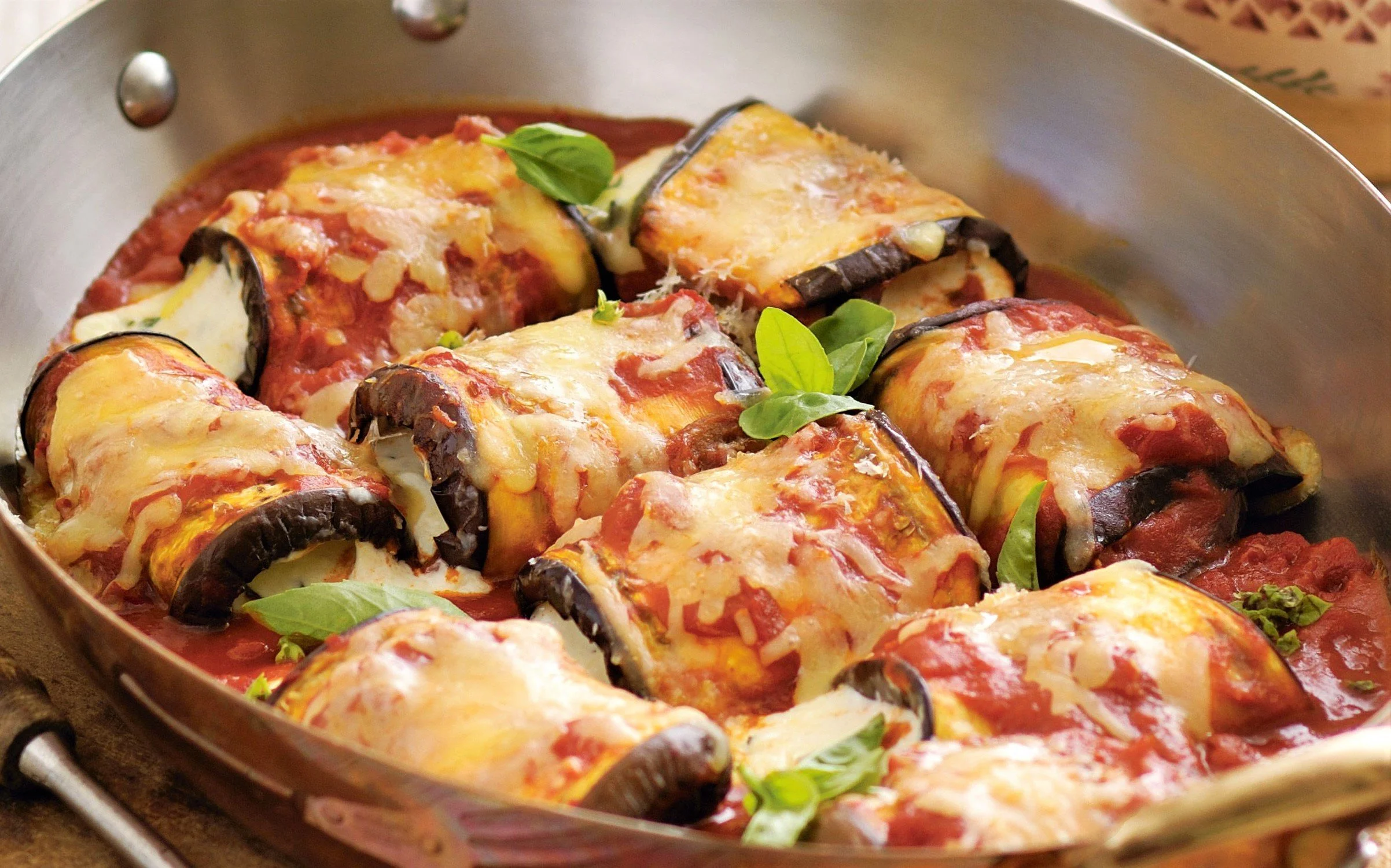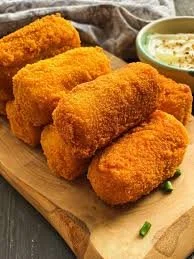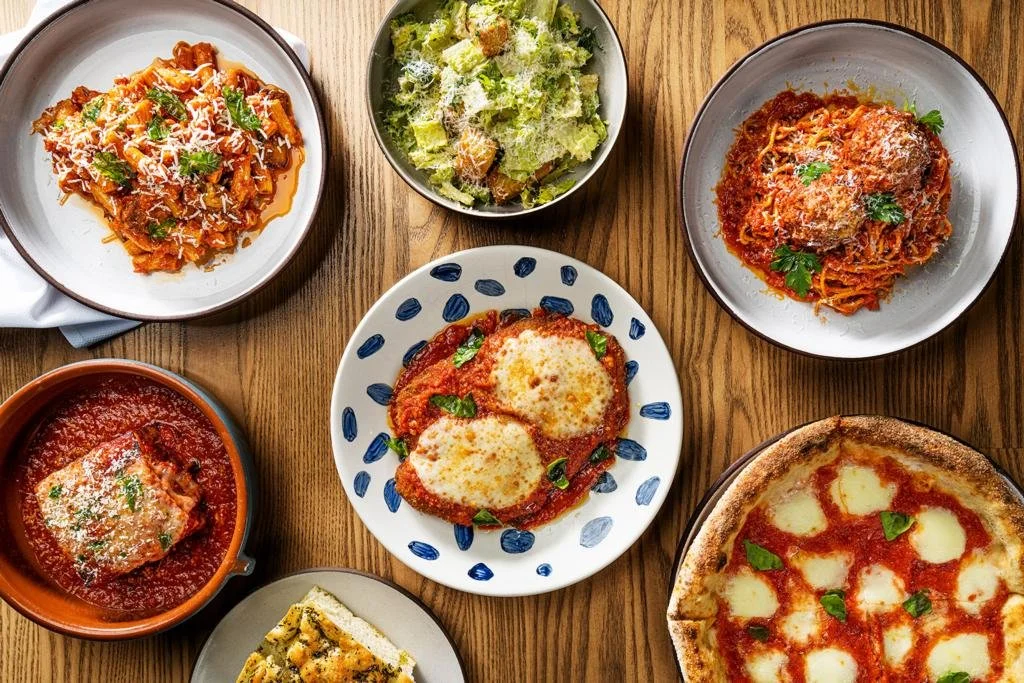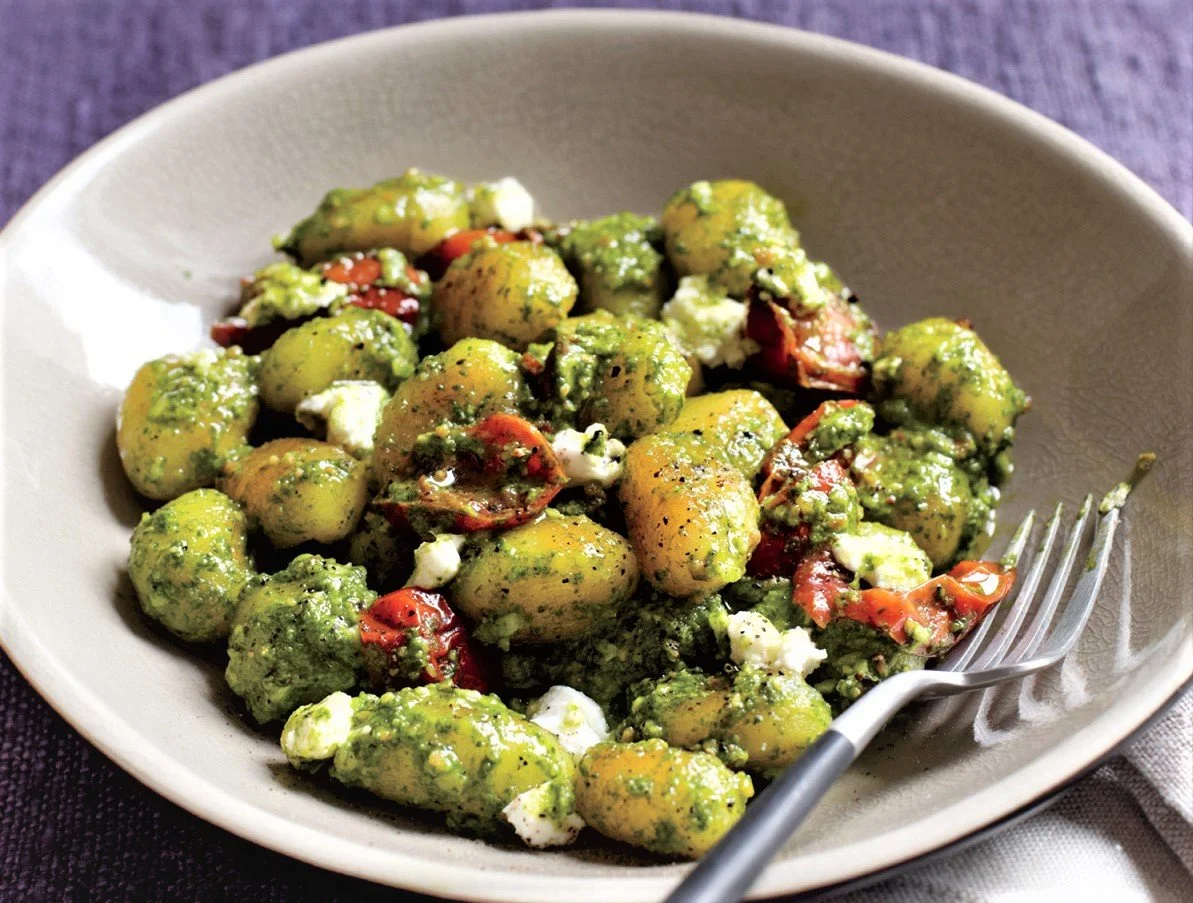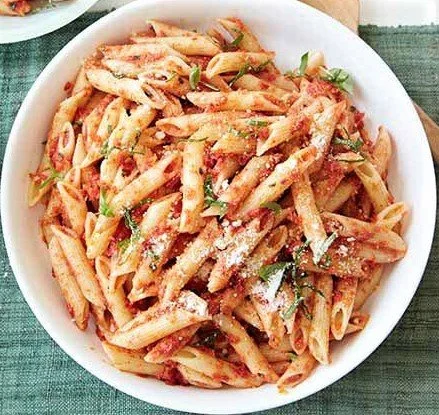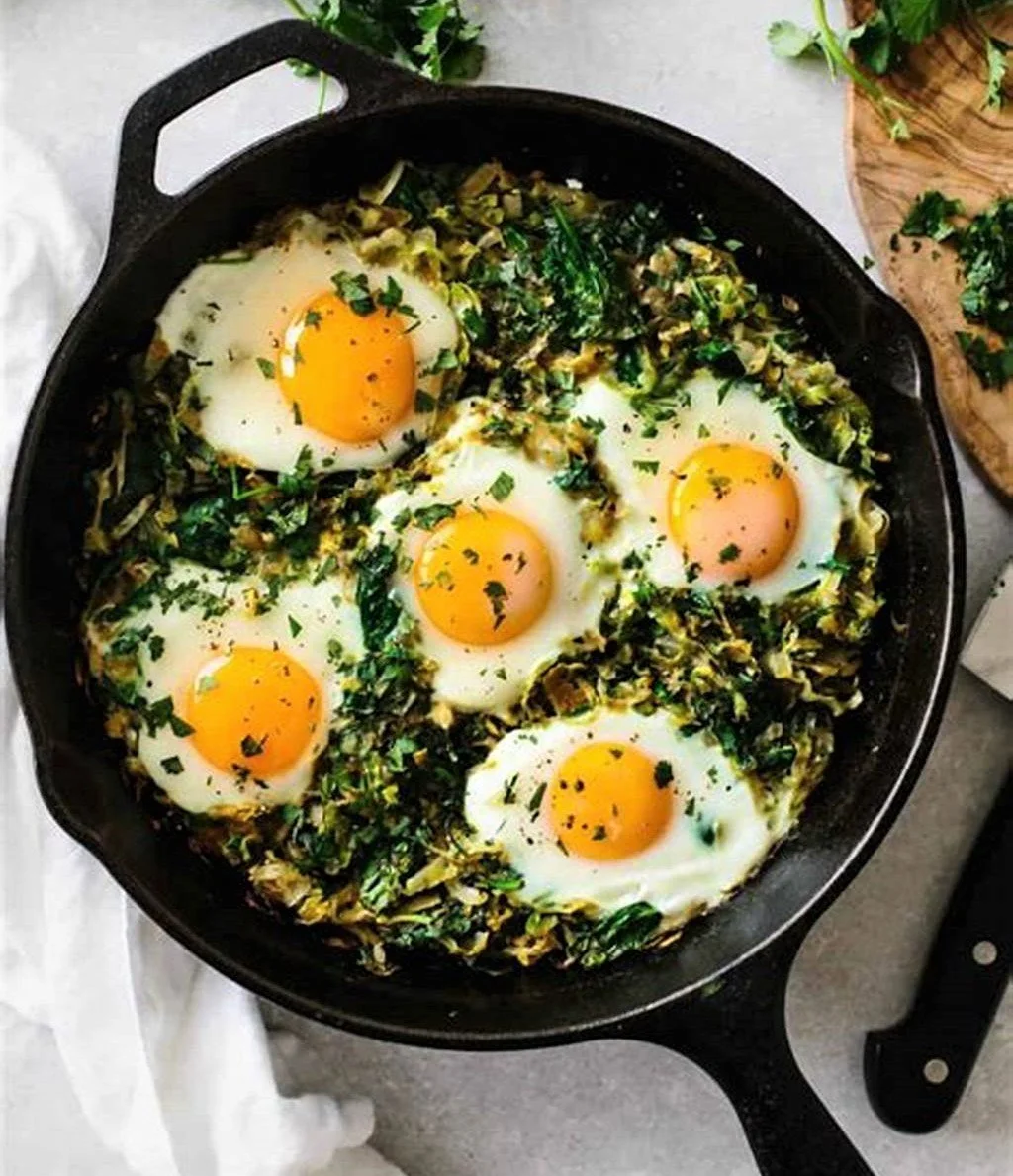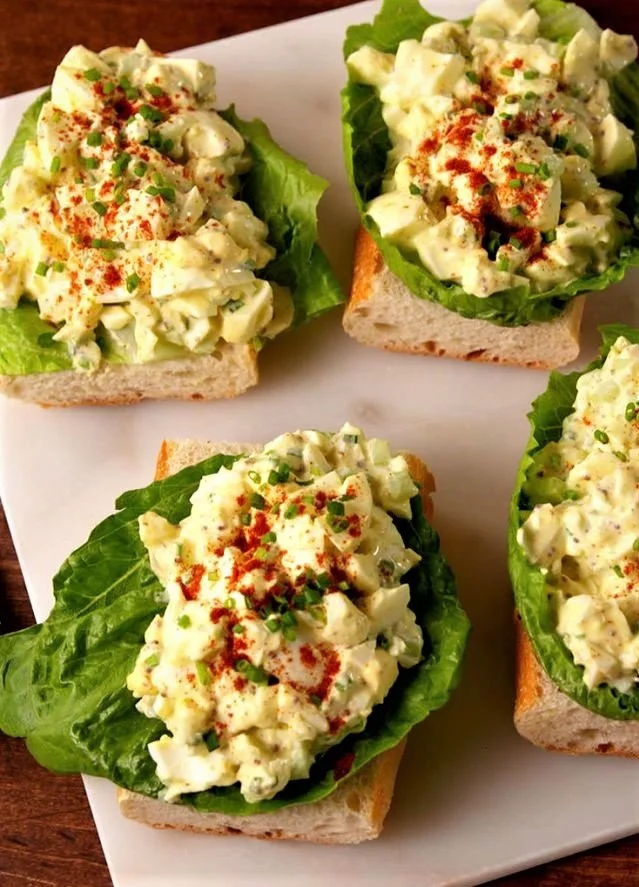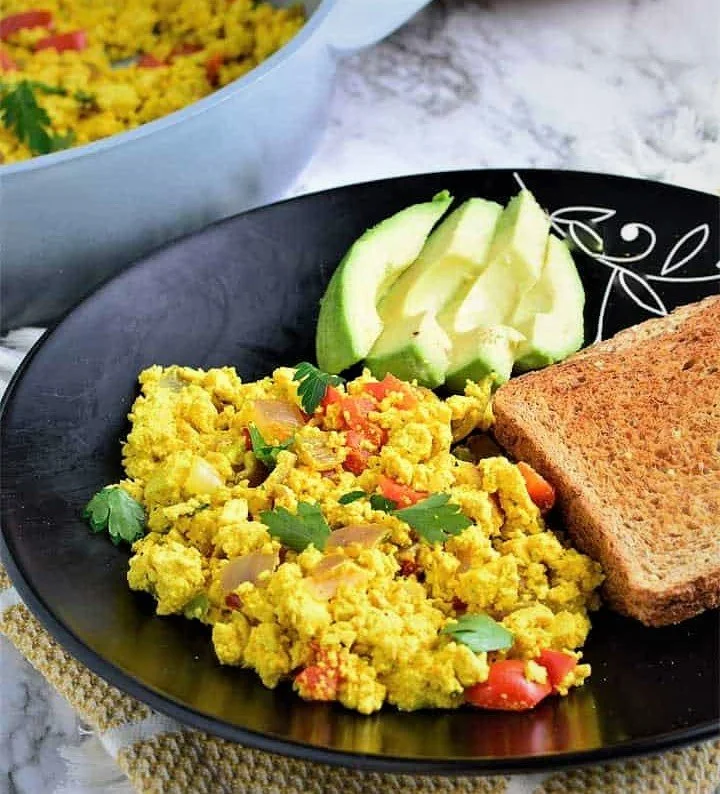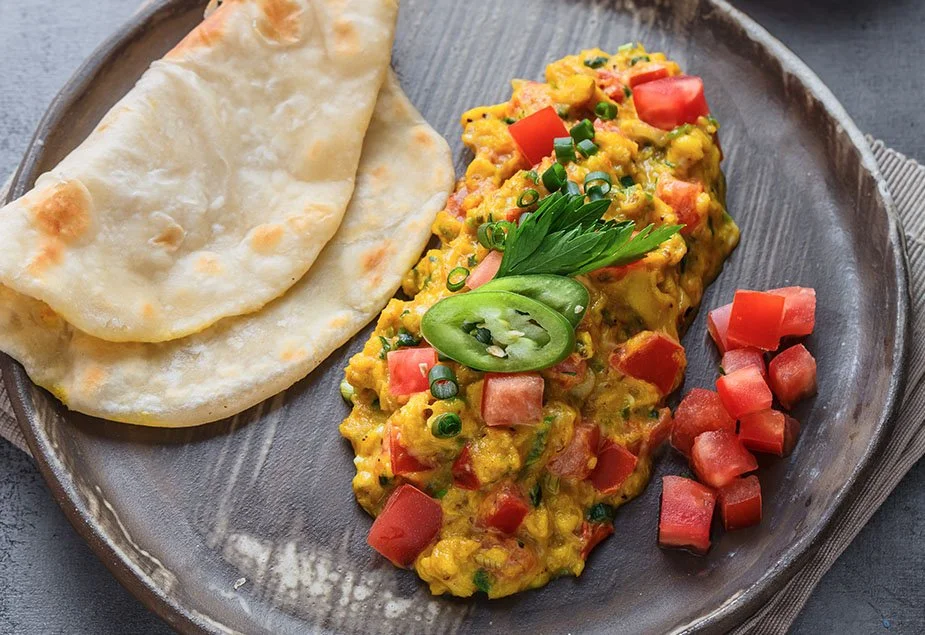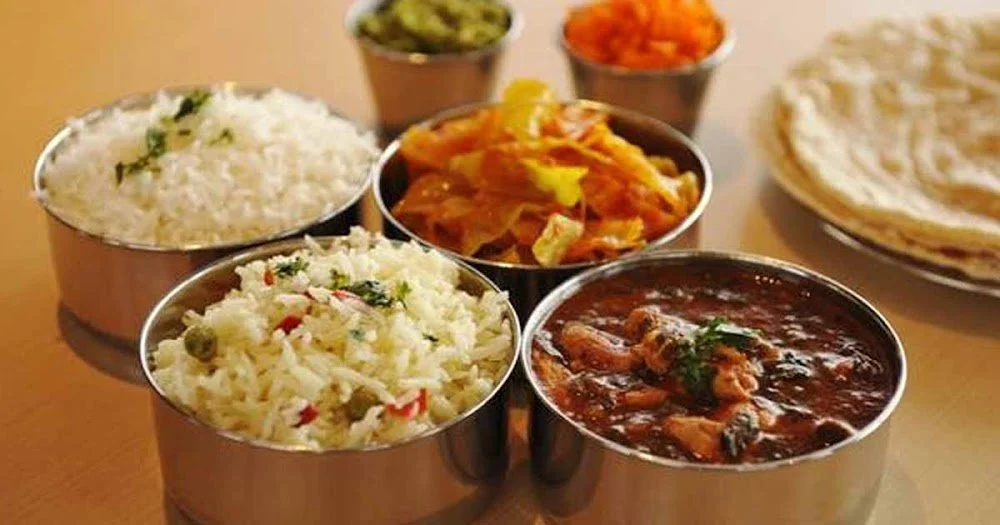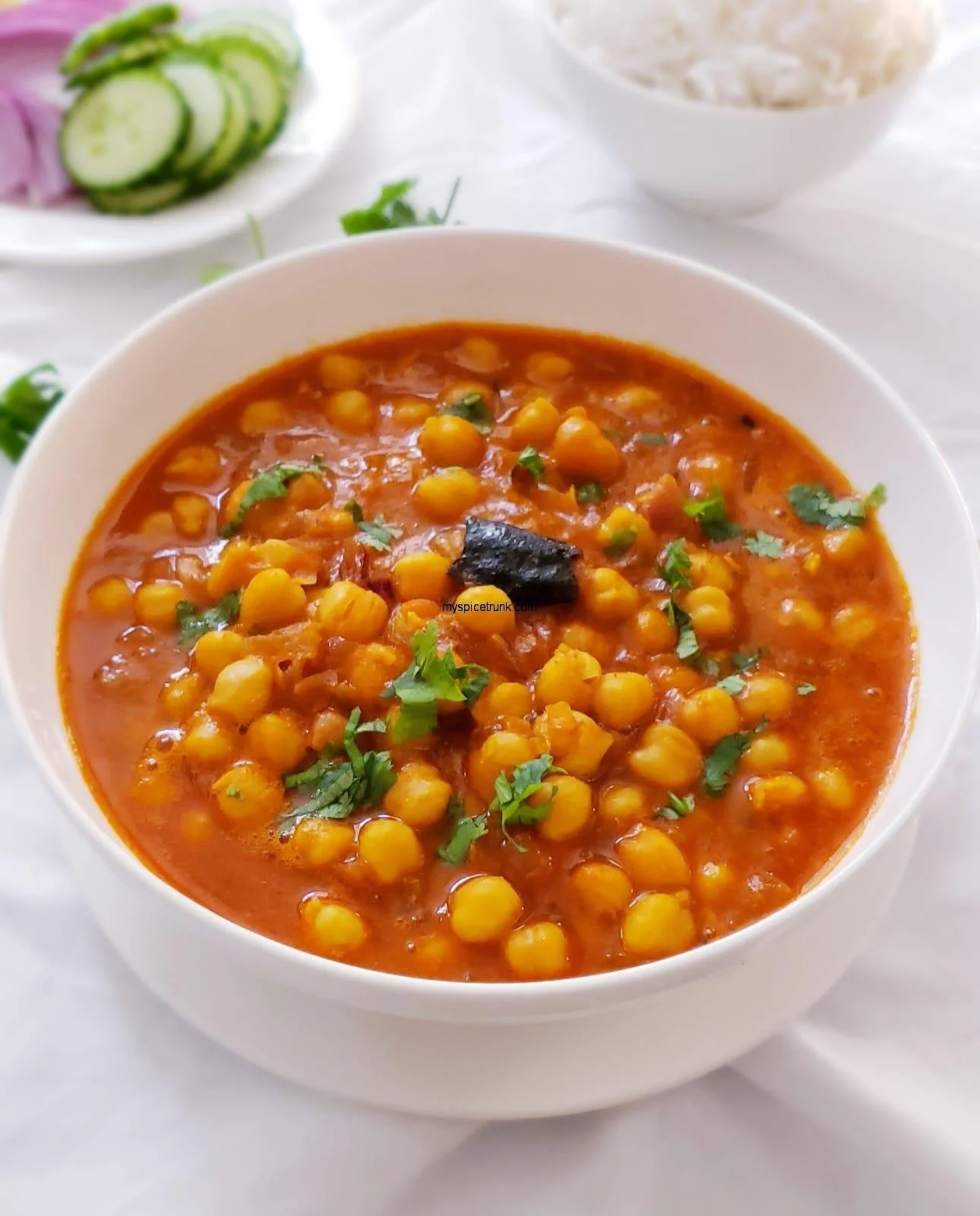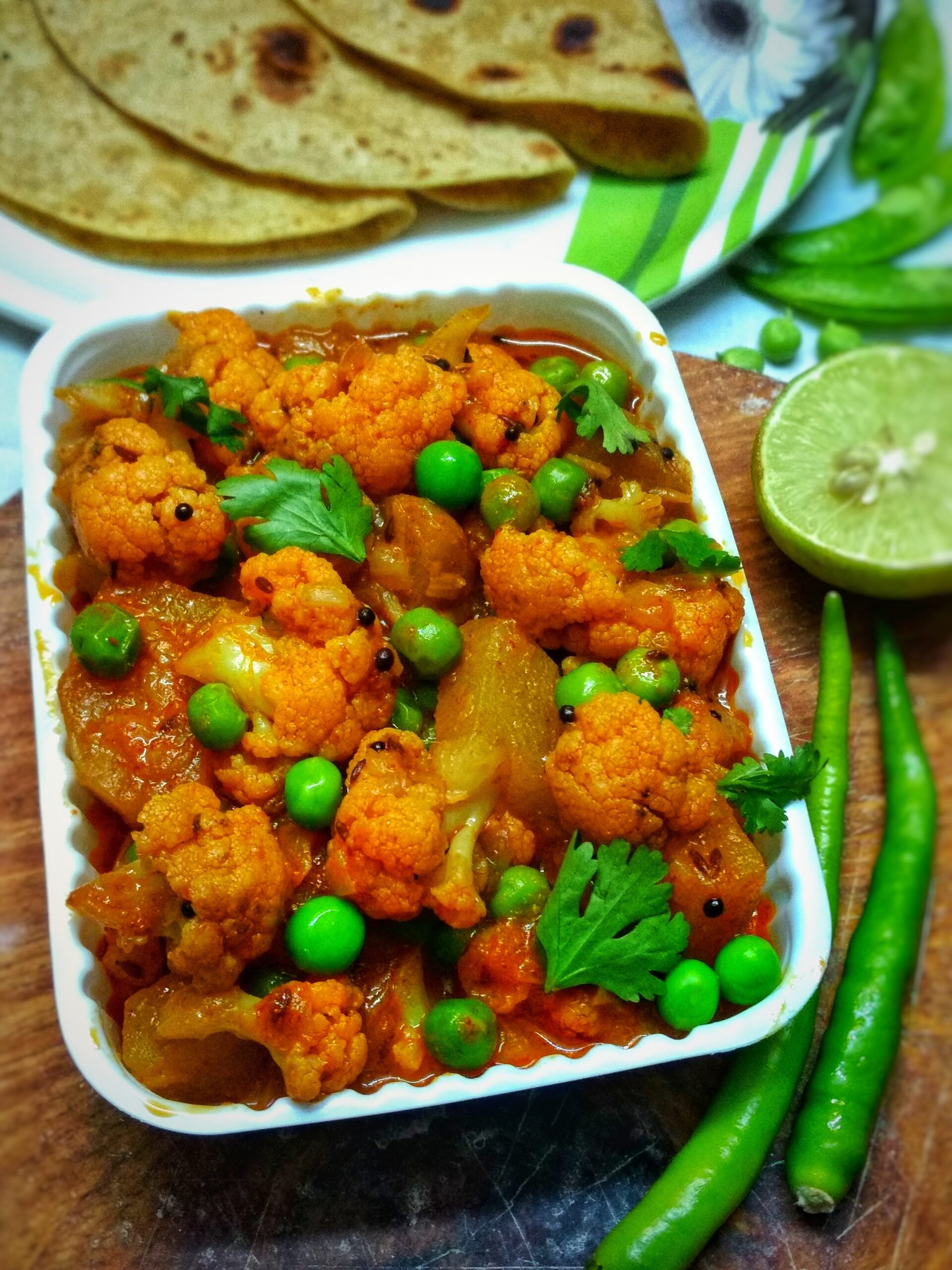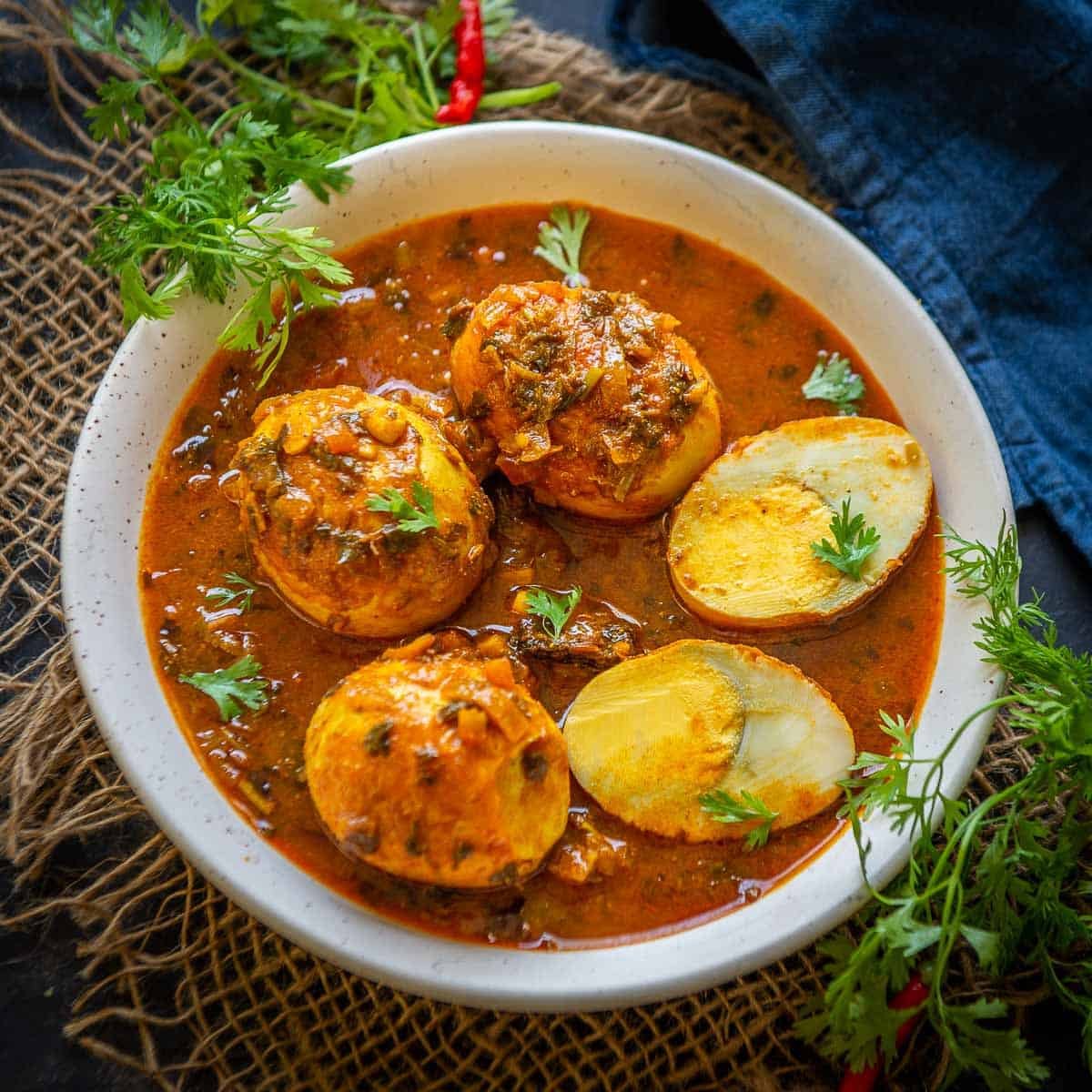Ingredient Ideology | Valentine’s Special Treats By: Dr. Kaviraj Khialani – Celebrity Master Chef
/February 2026 Valentine’s Day is celebrated worldwide as a time when lovers, friends, and families express affection through greetings, gifts, and shared moments. Rooted in Roman traditions and enriched by poets like Chaucer, the day has evolved into a celebration of love in all its forms.
Beyond roses and chocolates, Valentine’s reminds us of the divine gift of love. As the Bible says: “For God so loved the world that He gave His only begotten Son.” True love is patient, kind, and enduring — a sentiment echoed in every Valentine’s tradition, from Cupid’s arrows to heartfelt dinners.
This year, surprise your Valentine with culinary delights that blend romance, creativity, and flavor. Chef Khialani presents six irresistible recipes designed to make your celebration unforgettable.
❤️ Recipe 1: Love at First Sight
Crispy filo pastry or canape cups filled with a cheesy, herbed chicken/paneer and corn mixture, baked golden and served hot. Perfect bite-sized starters to spark romance.
Ingredients:
Filo pastry sheets – 10–12 or ready-made canape cups – 12–15
Oil – 2 tsp, Butter – 1 tsp
Garlic – 1 tsp chopped, Onion – 1 small chopped
Green chilies – 1 tsp chopped
Boiled chicken/paneer – 1 cup, Boiled corn – 1 cup
Salt, pepper, mixed herbs, chili flakes
Tomato ketchup – 2–3 tsp, Tabasco – ½ tsp
Parsley – 2 tsp chopped, Grated cheese – ¼ cup
Sliced olives – 2–3 tbsp
Melted butter – ½ cup, Egg wash – ½ cup
Method:
Preheat oven to 180°C. Line tart moulds with filo sheets brushed with butter, or use canape cups.
Prepare filling: sauté garlic, onion, chilies in oil and butter. Add chicken/paneer, corn, seasonings, ketchup, Tabasco. Cook 2–3 mins.
Mix in olives, parsley, cheese. Spoon into cups, brush with egg wash/butter, bake 4–5 mins. Serve hot.
🌹 Recipe 2: On a Romantic Evening
A layered baked rice dish with creamy tomato-spiced sauce, chicken/sausages or paneer, olives, and cheese. Comforting, indulgent, and best enjoyed with garlic bread.
Ingredients:
Oil – 2 tsp, Butter – 2 tsp
Garlic – 1 tsp chopped, Onion – 1 small chopped
Tomato puree – ½ cup, Tomato ketchup – 2–3 tsp
Schezuan sauce – 2–3 tsp, Kasoori methi – ½ tsp
Spices: cumin, coriander, chili powder, garam masala
Curd – 2–3 tsp, Fresh cream – ½ cup, Cashew paste – 2–3 tsp
Chicken cubes/sausages – 1 cup (or paneer/veggies)
Boiled rice – 1½ cup, White sauce – 1½ cup
Cheese – ½ cup grated, Olives – 2–3 tbsp
Method:
Heat oil and butter, sauté garlic, onion, chilies. Add puree, sauces, spices. Cook 2 mins.
Add curd, cream, cashew paste, kasoori methi. Simmer with chicken/sausages/paneer/veggies for 8–10 mins.
Mix with rice. Layer white sauce, rice mixture, olives, cheese in baking dish.
Bake 12–15 mins. Serve hot with garlic bread.
💕 Recipe 3: Fusion Feast on First Date
Indo-Chinese chili chicken/paneer/cauliflower tossed in a spicy-sweet sauce with capsicums and spring onions. Served with jasmine or coconut rice.
Ingredients:
Chicken/paneer/cauliflower – 300 g
Marinade: oil, ginger-garlic-chili paste, soy sauce, Schezuan sauce, chili powder, chaat masala, lime juice, flour, cornflour, egg/water
Sauce: oil, red & green chilies, spring onions, garlic, ginger, soy sauce, chili sauces, honey, sugar, capsicums, cornflour solution
Method:
Marinate protein/veg 15 mins. Coat with flour mix, deep fry 3–4 mins.
For sauce, sauté chilies, onions, garlic, ginger. Add stock, sauces, seasonings.
Thicken with cornflour solution. Add fried pieces, capsicums, honey, sugar.
Garnish with spring onion greens. Serve hot with rice.
🍷 Recipe 4: Divinity in a Bowl
Al dente pasta tossed in a rich tomato-cream sauce with herbs, wine, and cheese. Garnished with olives and fresh greens, paired with masala cheesy garlic bread.
Ingredients:
Pasta (fusilli/penne/macaroni) – 1½ cup boiled
Olive oil – 2 tbsp, Garlic – 2–3 cloves sliced
Mixed herbs – ½ tsp, Chili flakes – ½ tsp
Salt and pepper to taste
Cherry tomatoes – 10–12, White vinegar – 1–2 tsp, Parsley – 2 tsp chopped
For the sauce:
Oil – 2 tsp, Butter – 2 tsp
Garlic – 2 tsp chopped, Onion – ½ cup chopped
Tomato puree – ¼ cup, Tomato sauce – 2–3 tsp
Water – ¼ cup, Salt and pepper to taste
Kasoori methi – ½ tsp, Mixed herbs – ½ tsp
Chili flakes – ½ tsp, Red chili powder – ½ tsp
White wine – 2–3 tsp, Fresh cream – 2–3 tbsp
Grated cheese – ¼ cup
Garnish: olives, parsley, basil leaves, microgreens
Method:
Prepare sauce: heat oil and butter, sauté garlic and onion. Add tomato puree, sauce, seasonings, wine, and herbs. Simmer 3–4 mins.
Add water as needed, cook further, then stir in cream and fresh herbs.
Boil pasta to al dente, refresh. Toss pasta with garlic, herbs, chili flakes, then fold into sauce.
Garnish with olives, cheese, and herbs. Serve hot with masala cheesy garlic bread.
🌈 Recipe 5: Colors of Paradise
A vibrant stir-fry of assorted vegetables with lemongrass, garlic, chilies, and basil — bursting with color, crunch, and flavor. A perfect side dish to brighten your Valentine’s table.
Ingredients:
Oil – 2 tsp, Butter – 1 tsp
Garlic – 2 tsp sliced, Lemongrass – 4–5 pieces
Slit red chilies – 2–3, Spring onions – 5–6 sliced
Salt and pepper to taste
Veggies: baby carrots, baby corn, bell peppers, mushrooms, broccoli, water chestnuts
Soy sauce – 2–3 tsp, Red chili sauce – 2–3 tsp
Water – ½ cup, Chili flakes – ½ tsp, Mixed herbs – ½ tsp
Sugar – 1 tsp, Fresh basil leaves – 6–8
Cornflour solution – 2–3 tbsp
Garnish: spring onion greens, sesame seeds
Method:
Heat oil in a wok, sauté lemongrass, garlic, onions, chilies for 1 min.
Add assorted veggies, seasonings, herbs, sauces. Mix well.
Add water/stock, cook 2 mins. Thicken with cornflour solution.
Finish with sugar/honey, garnish with sesame seeds and spring onion greens. Serve hot.
🍓 Recipe 6: A Hearty Surprise on Valentine’s
A layered dessert of strawberry custard, cream, sponge fingers, rasmalai/rossogulla, custard apple pulp, fruits, nuts, and white chocolate — a sweet surprise with every spoonful.
Ingredients:
Milk – 500 ml, Sugar to taste
Custard powder – 2–3 tsp (dissolved in cold milk)
Fresh cream – ½ cup chilled & sweetened
Strawberry crush – 2–3 tsp, Fresh strawberries – 4–5 sliced
Sponge fingers/crumbs – 1 cup
Rasmalai/Rossogulla – 3–4 sliced
Custard apple pulp – ½ cup
White chocolate – ½ cup, Assorted nuts – 2–3 tbsp
Fresh fruits – 1 cup (pomegranate, kiwi, pears)
Method:
Prepare custard: boil milk, add sugar, custard solution. Cook until thick, chill.
Mix chilled custard with sweetened cream.
In dessert glasses, layer custard mix, sponge fingers, custard apple pulp.
Add sliced rasmalai/rossogulla, white chocolate, fruits, nuts, strawberries.
Repeat layers, garnish, chill before serving.


